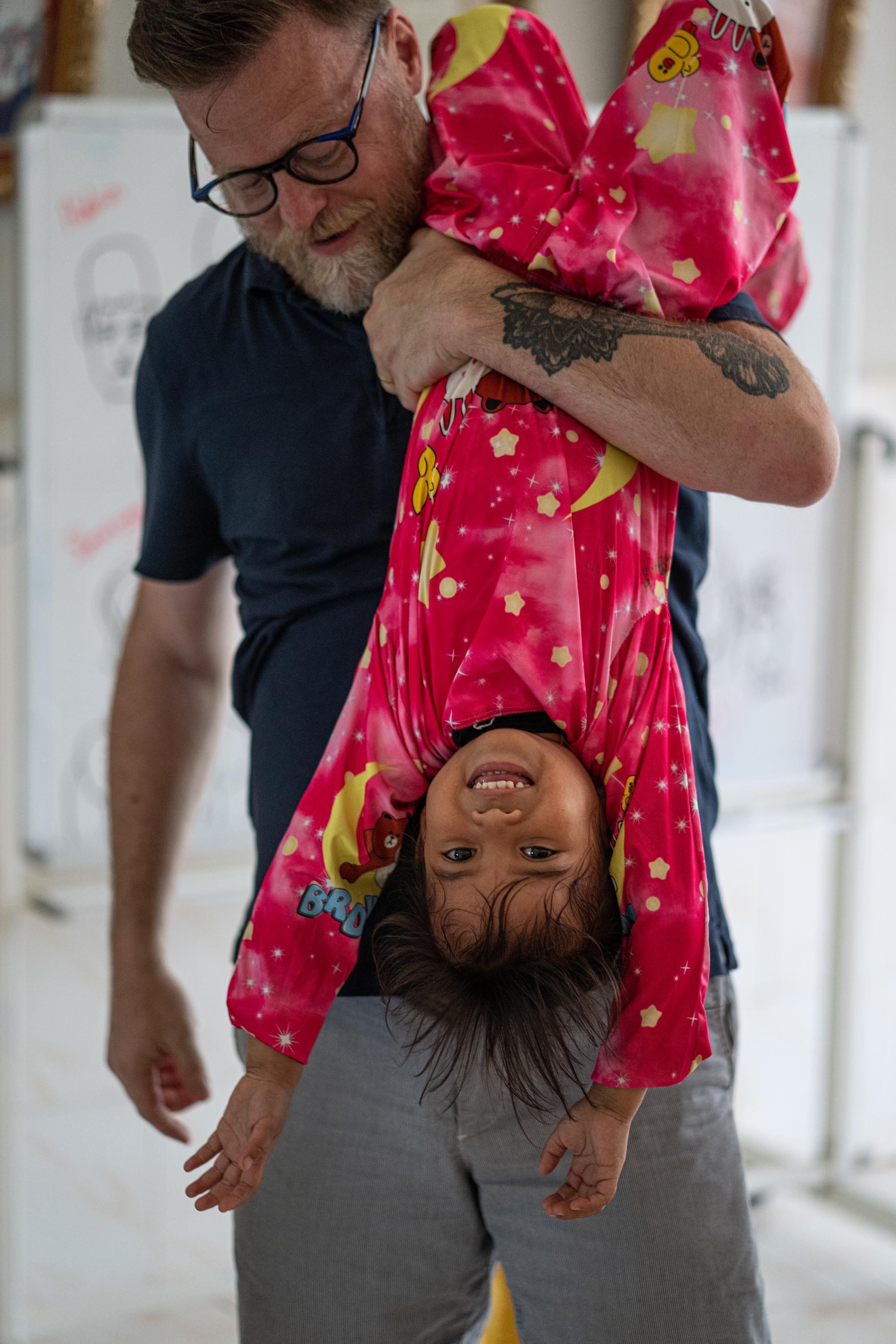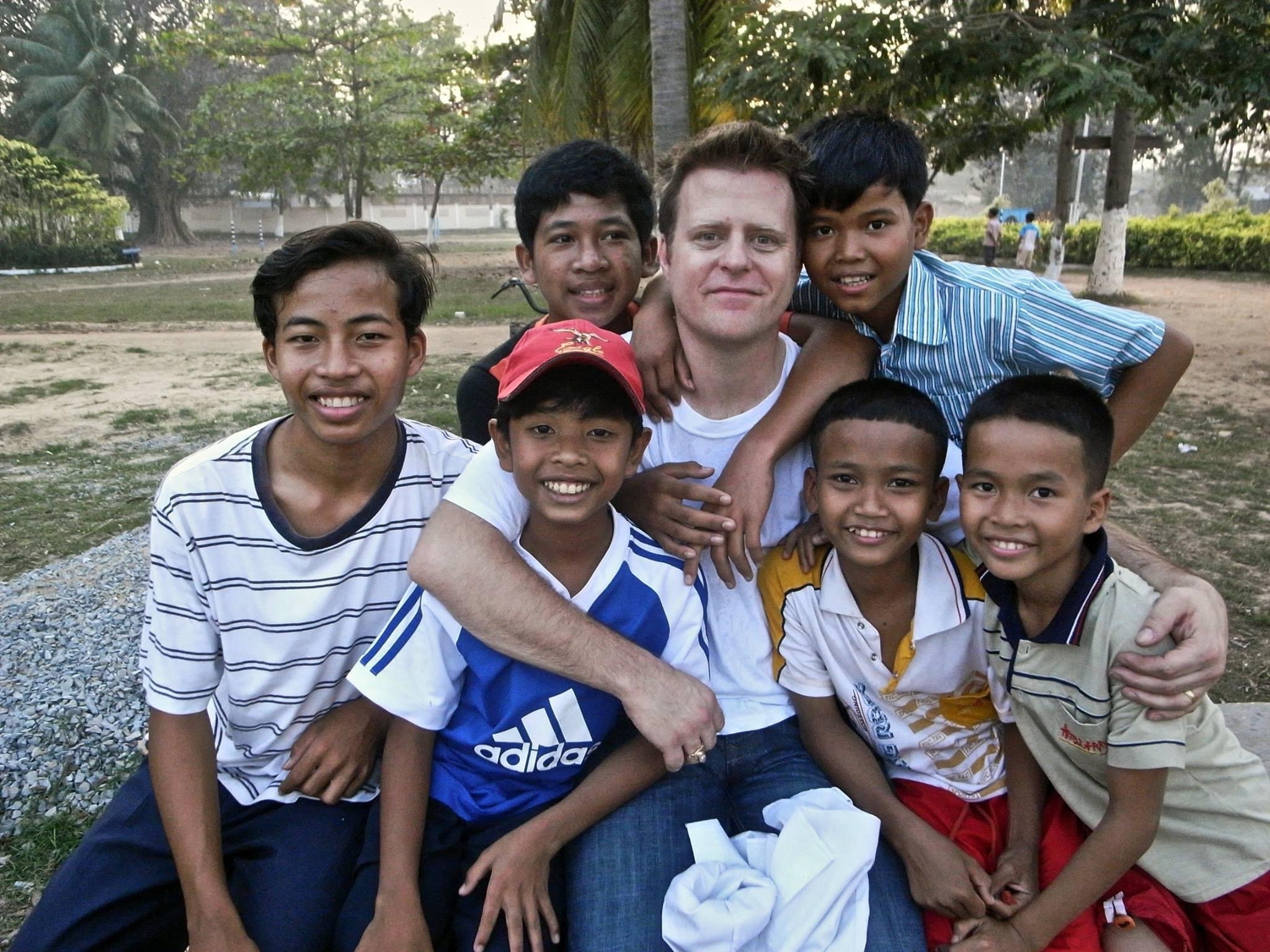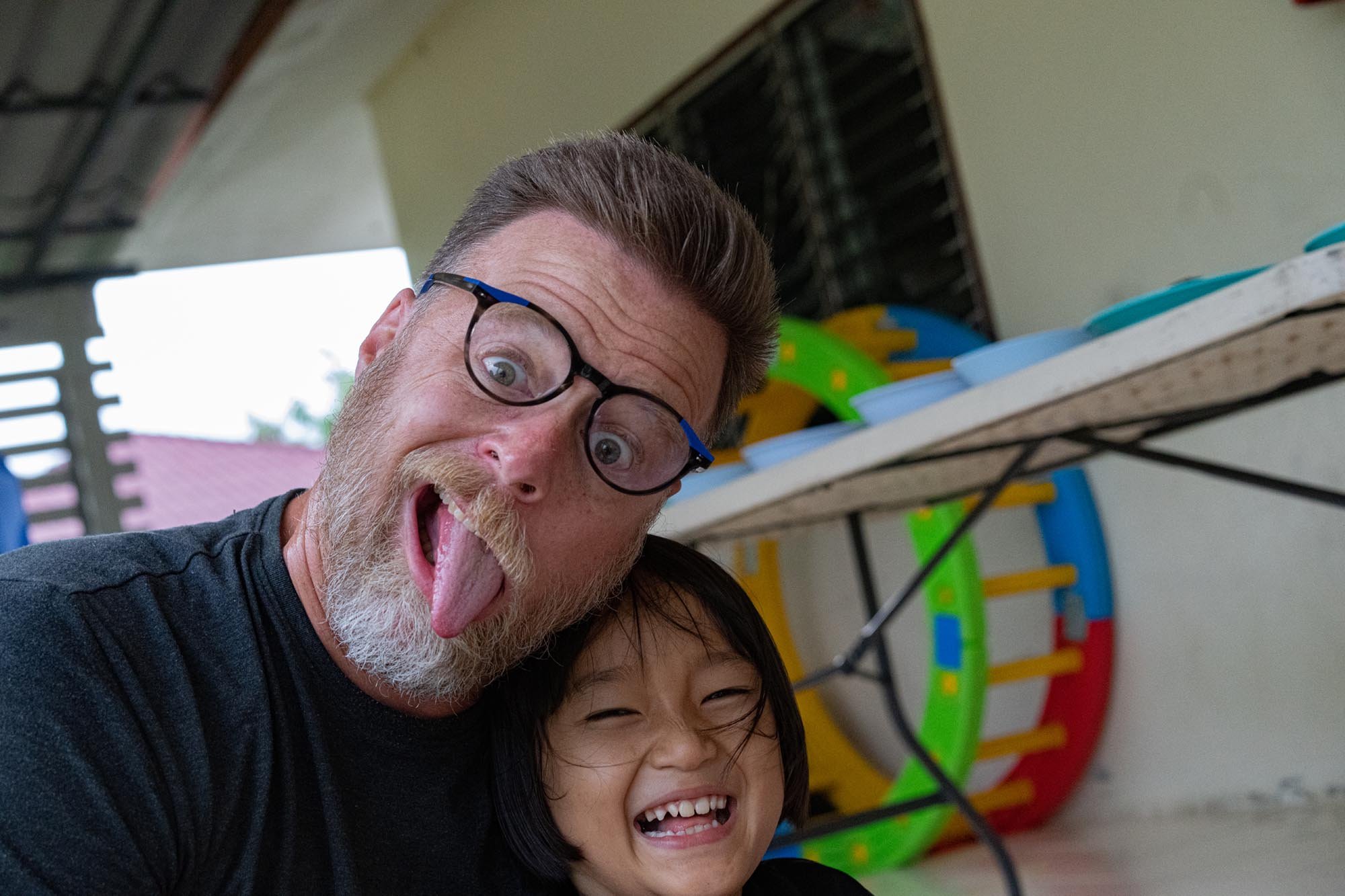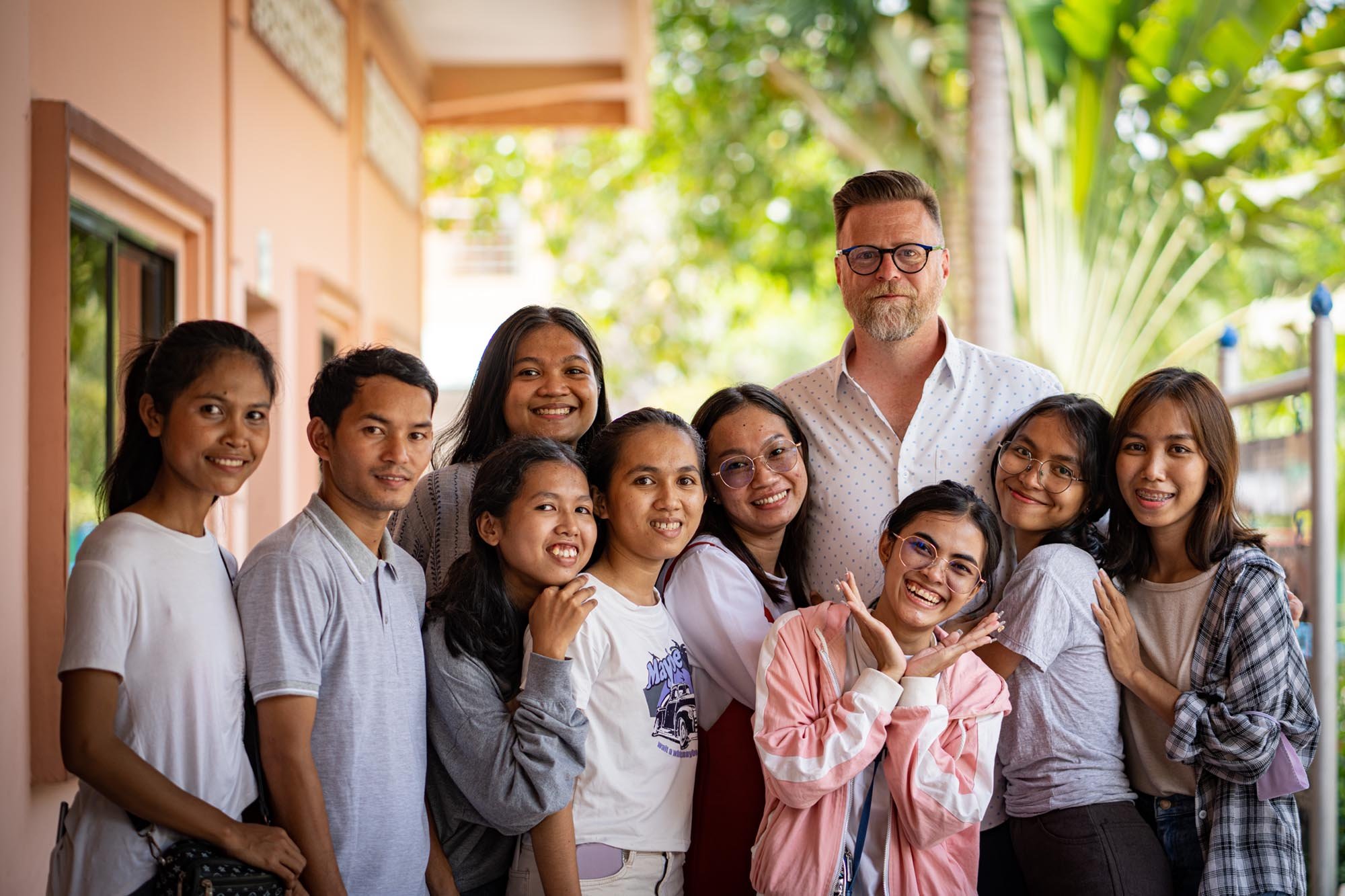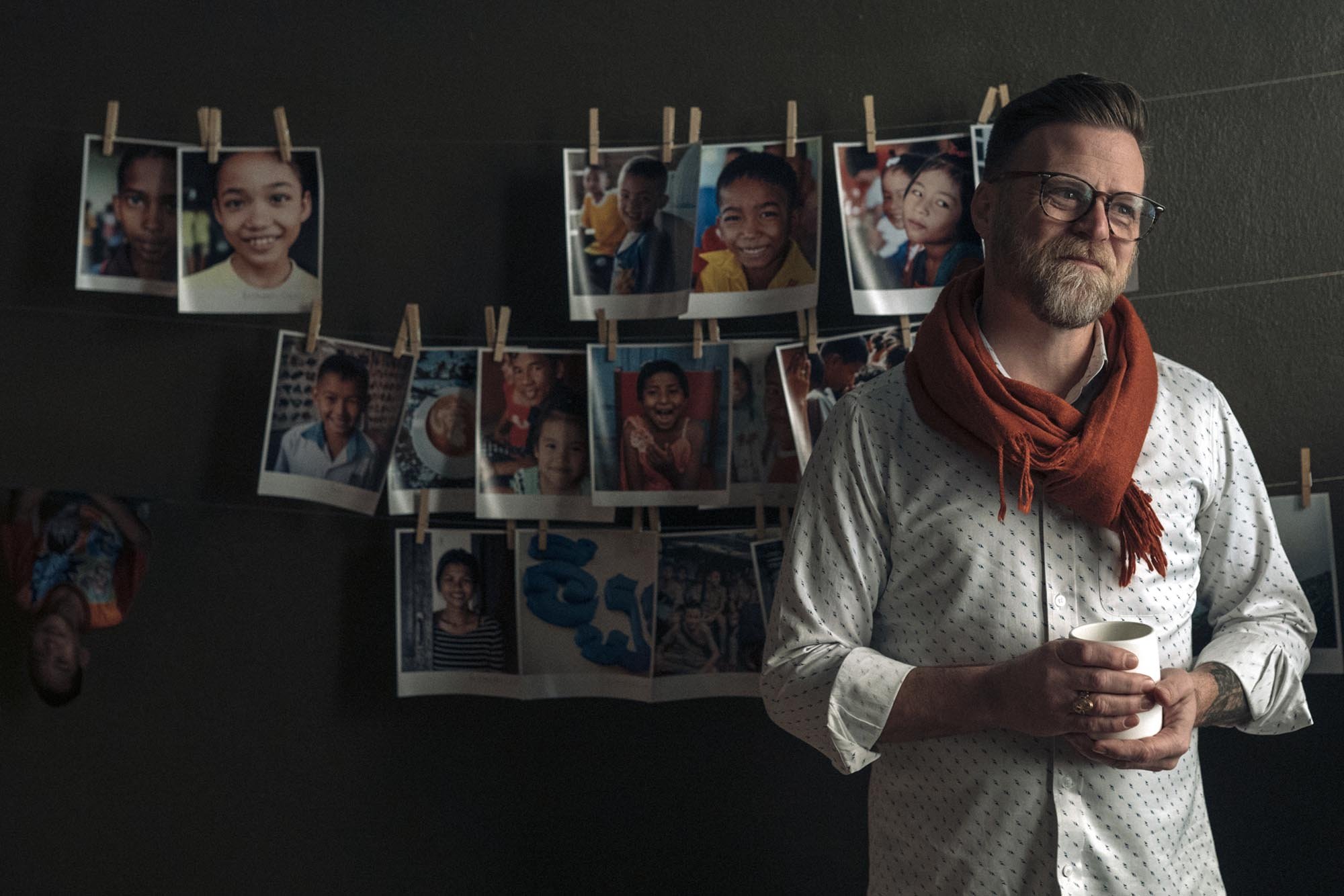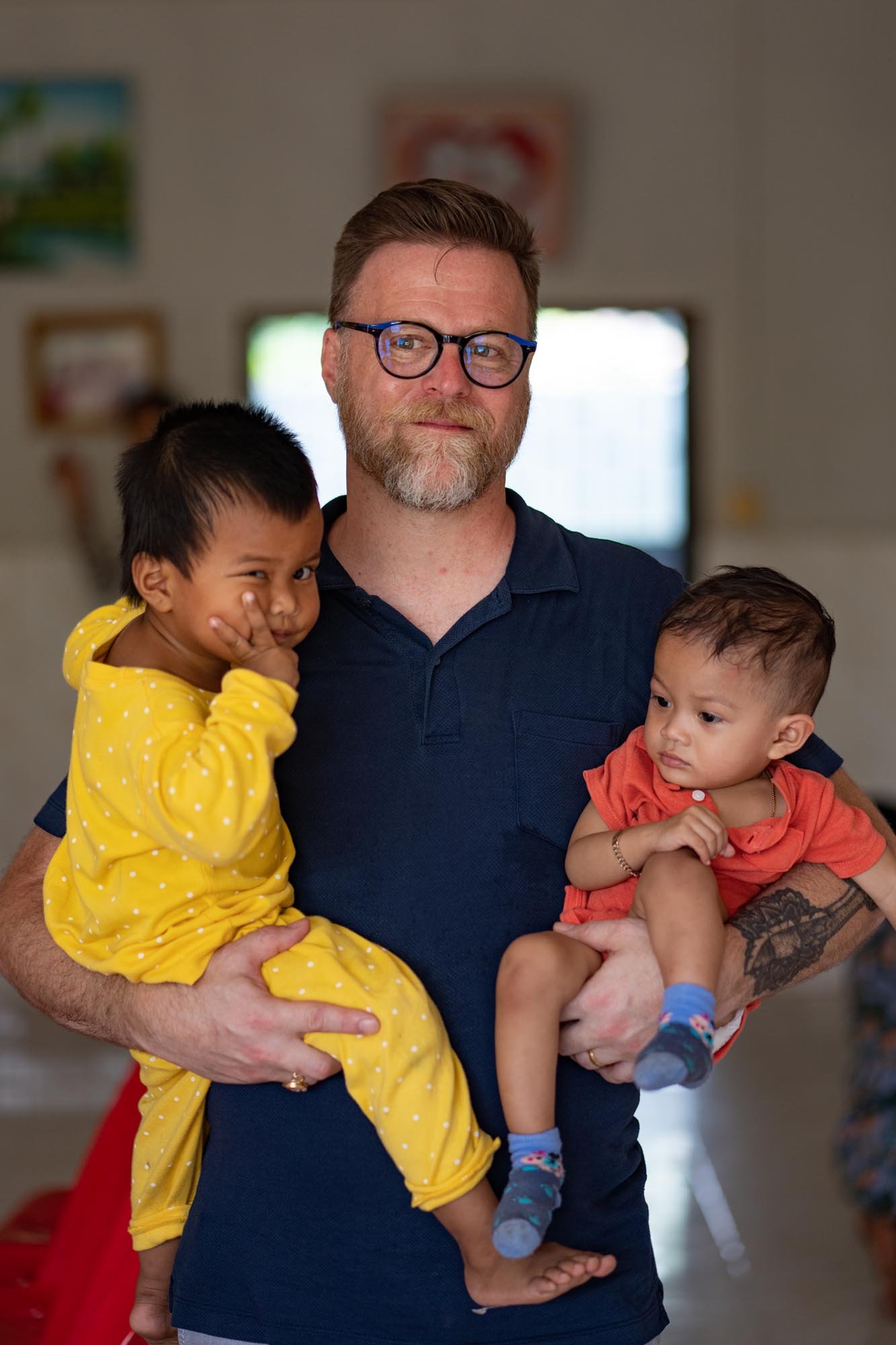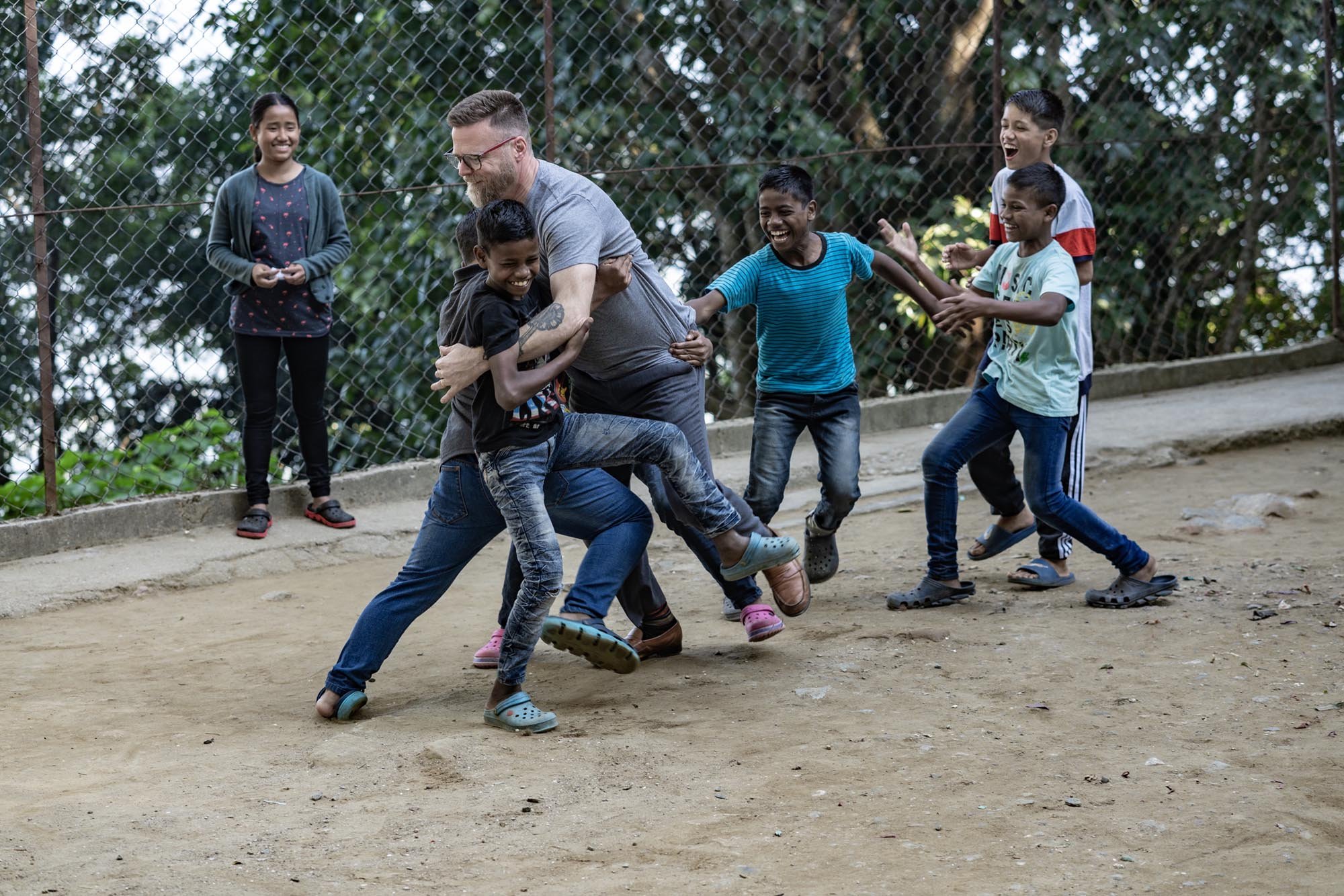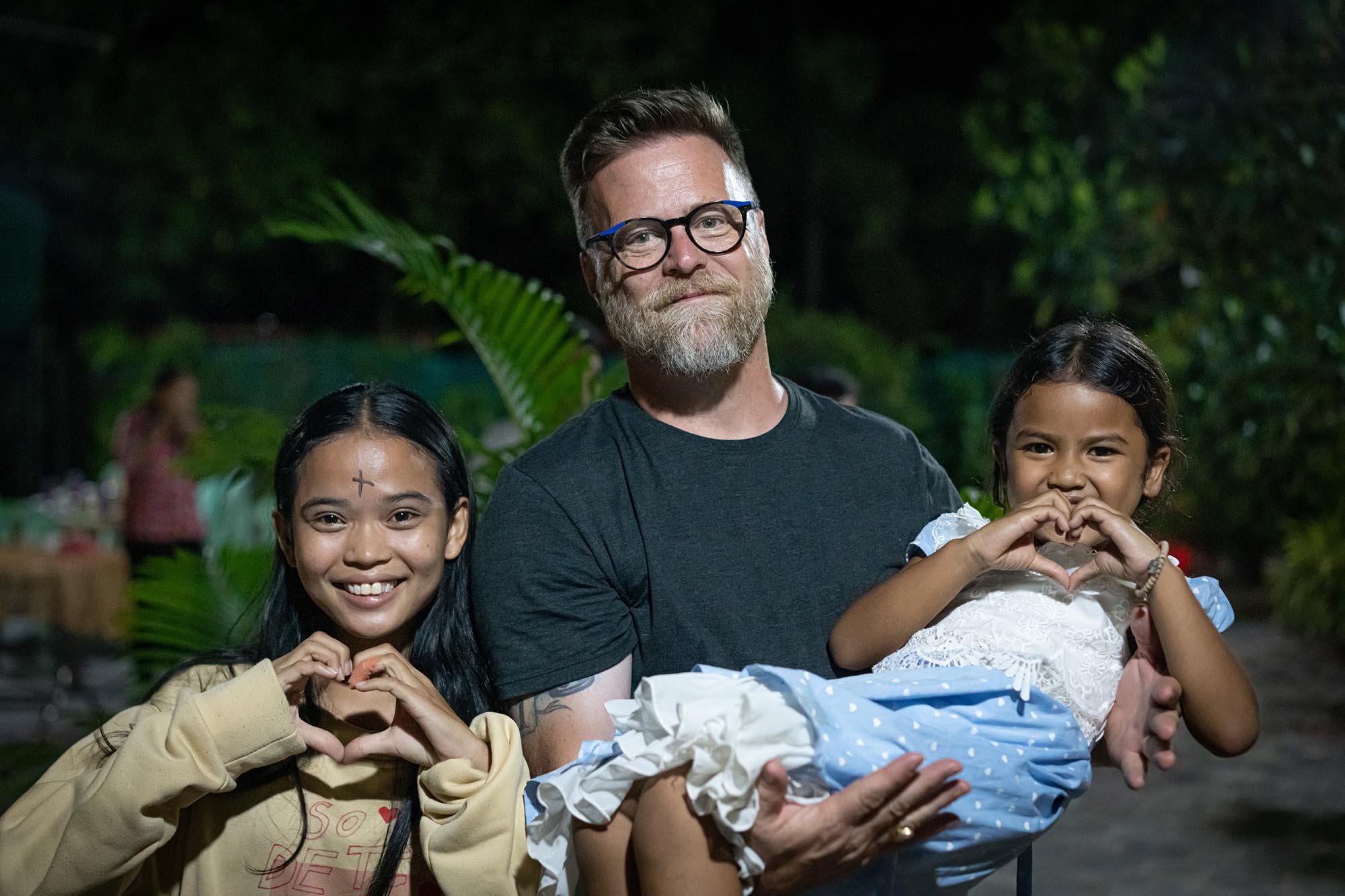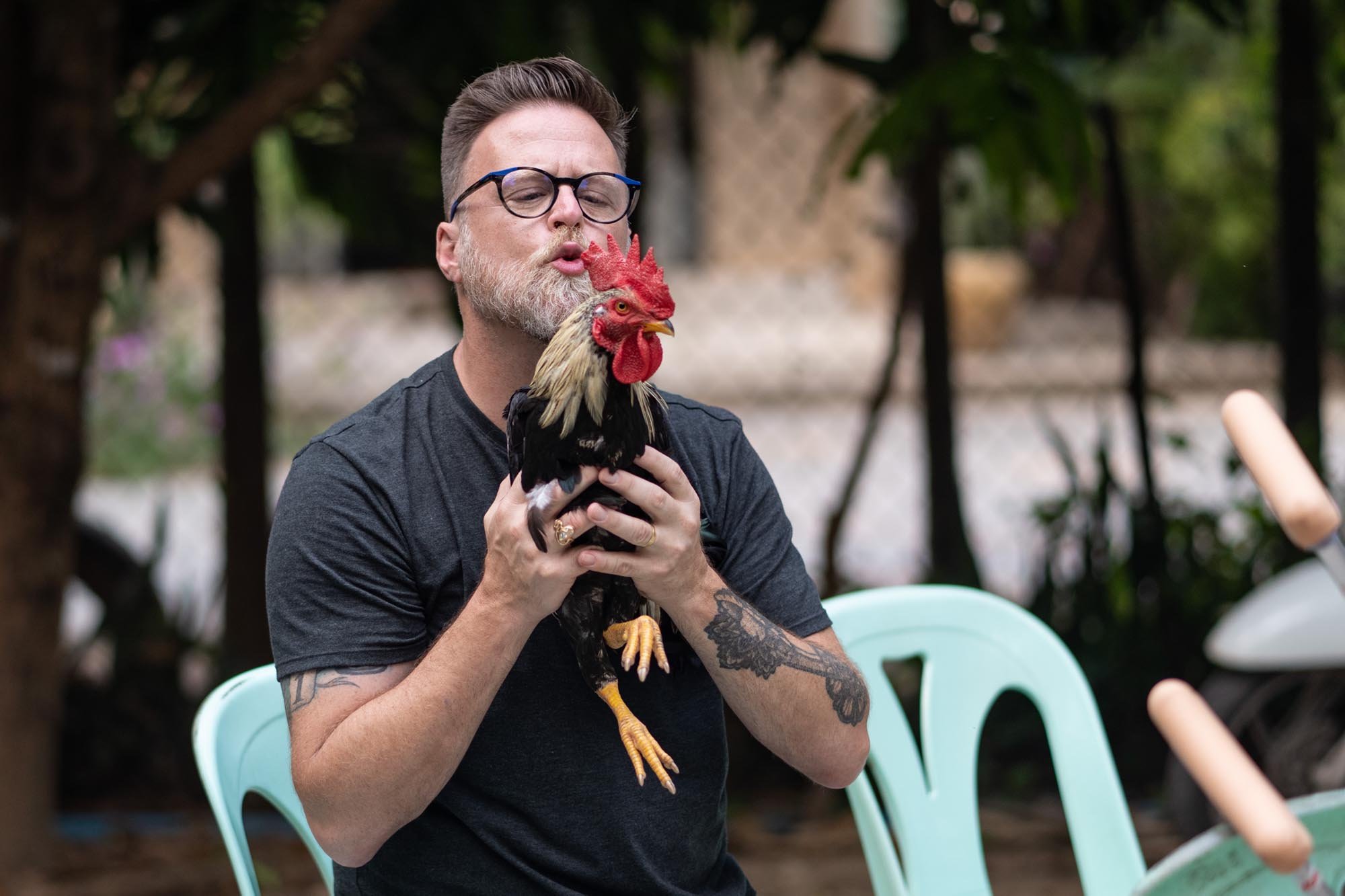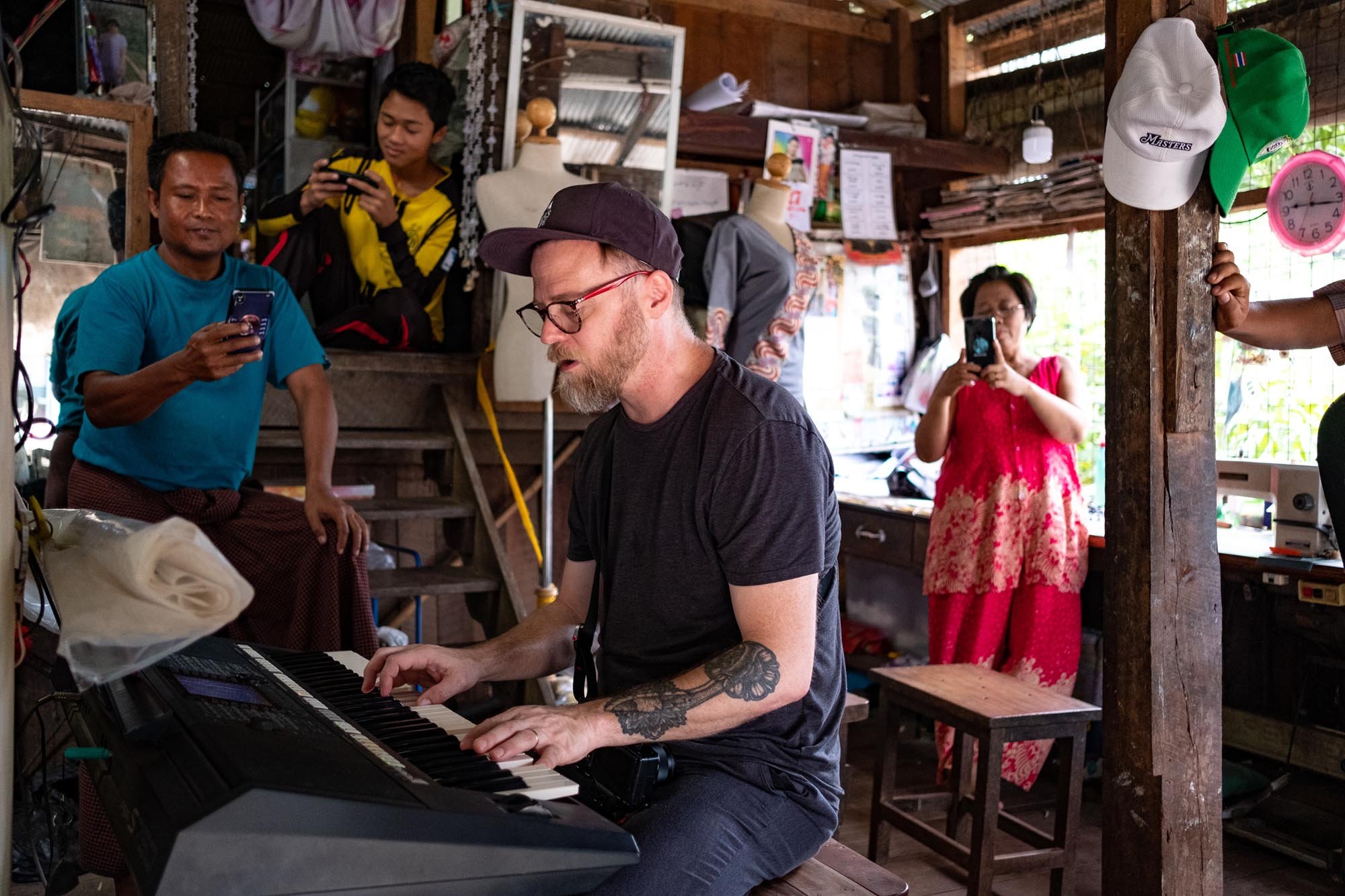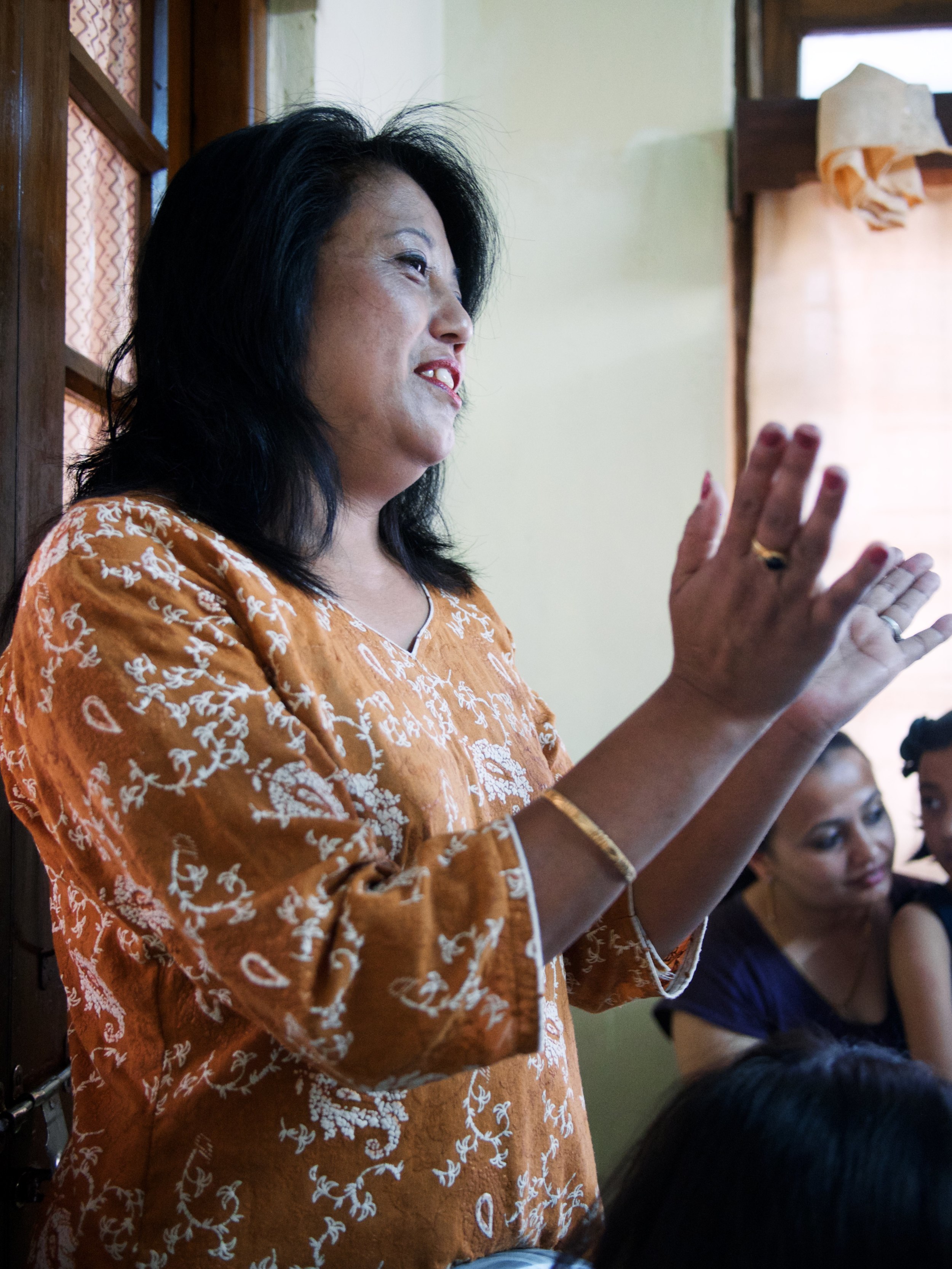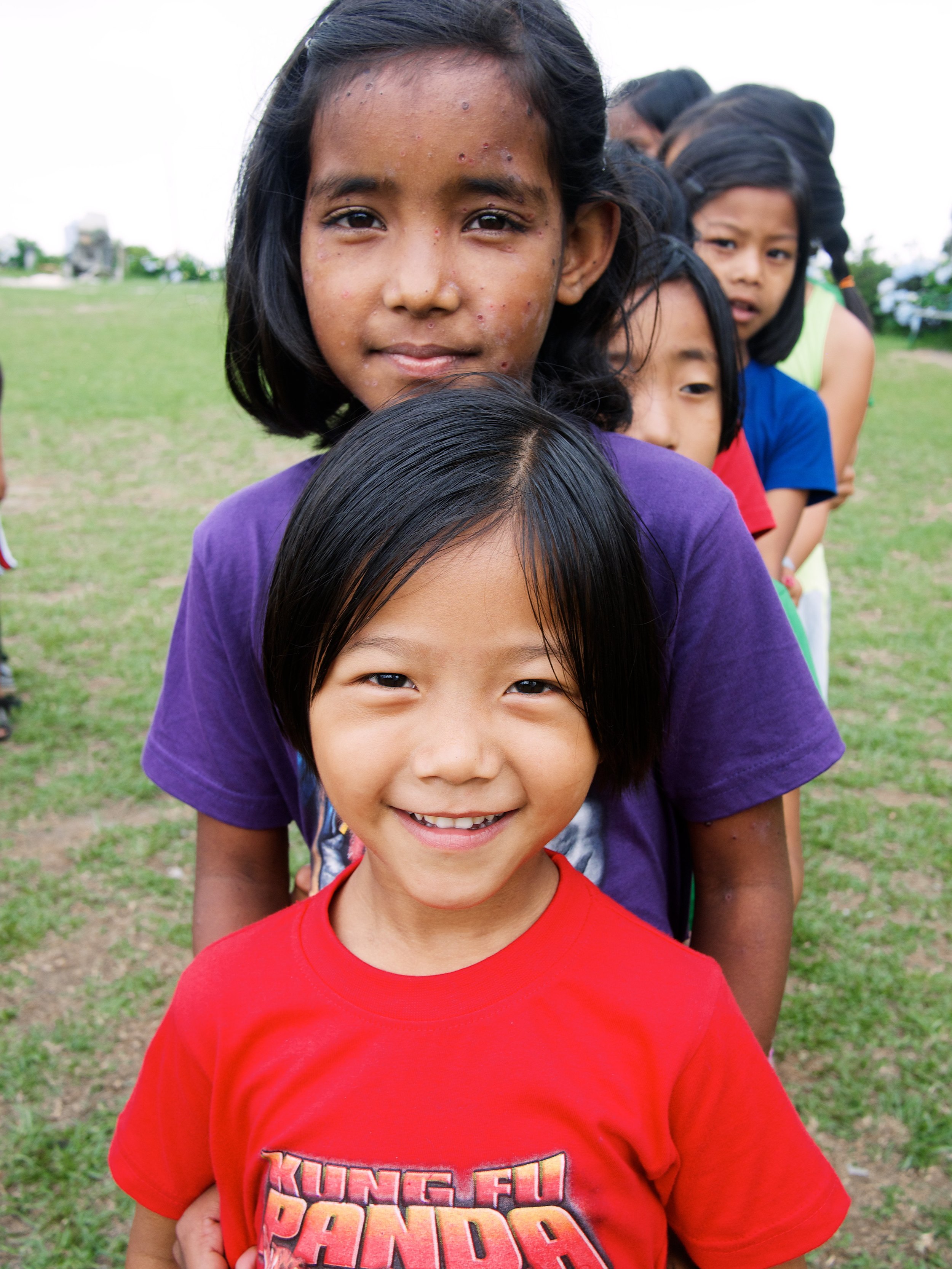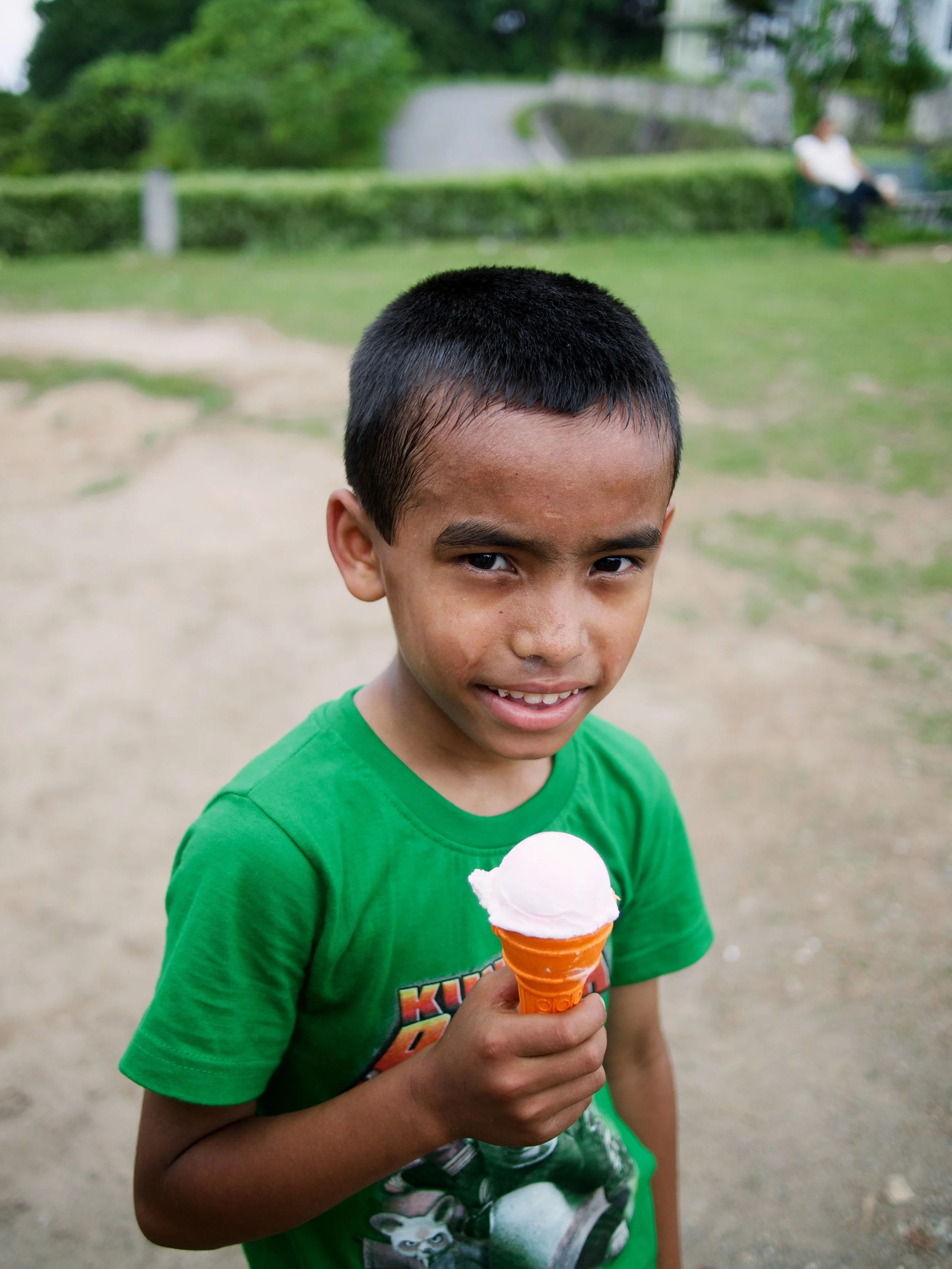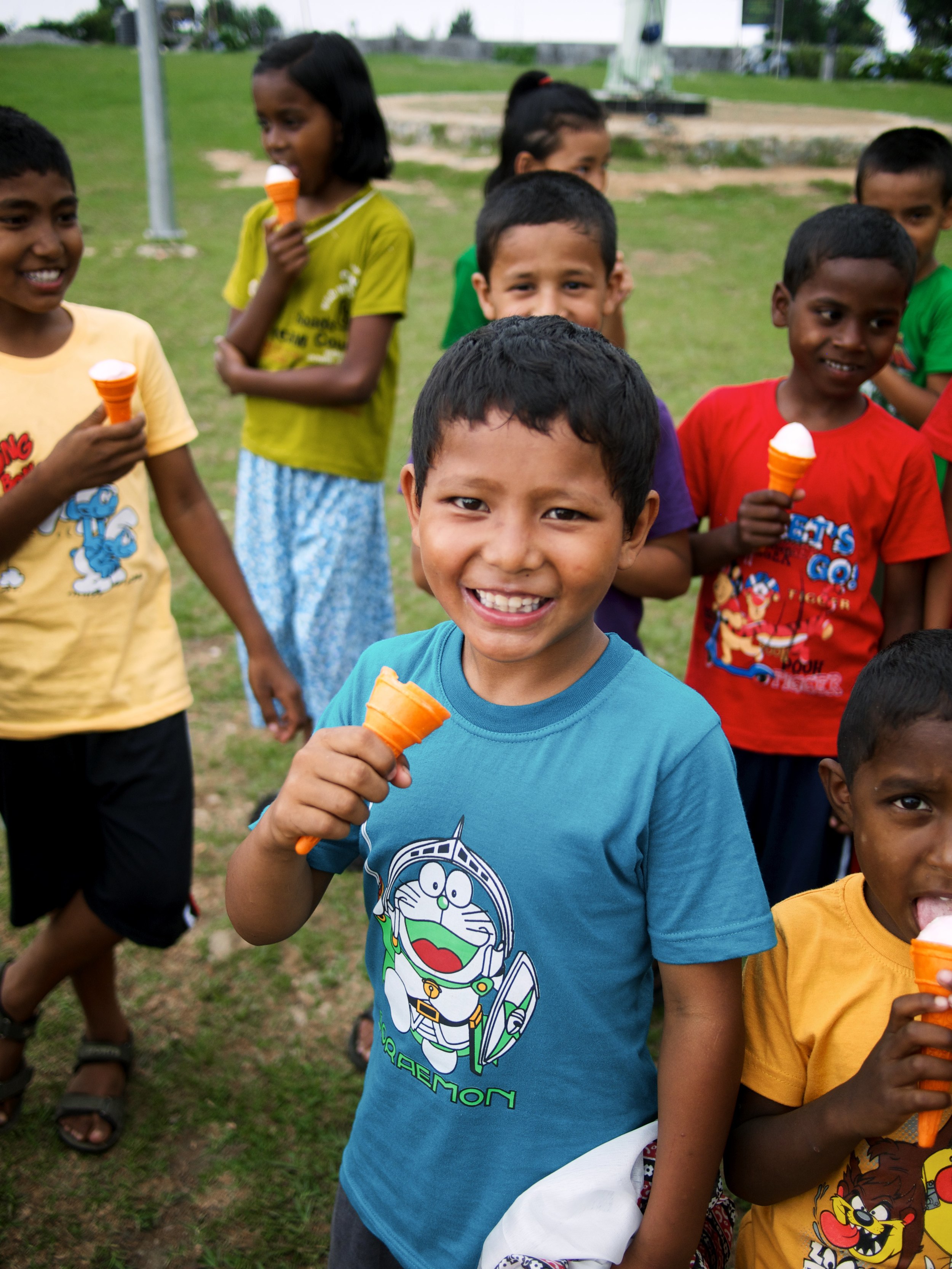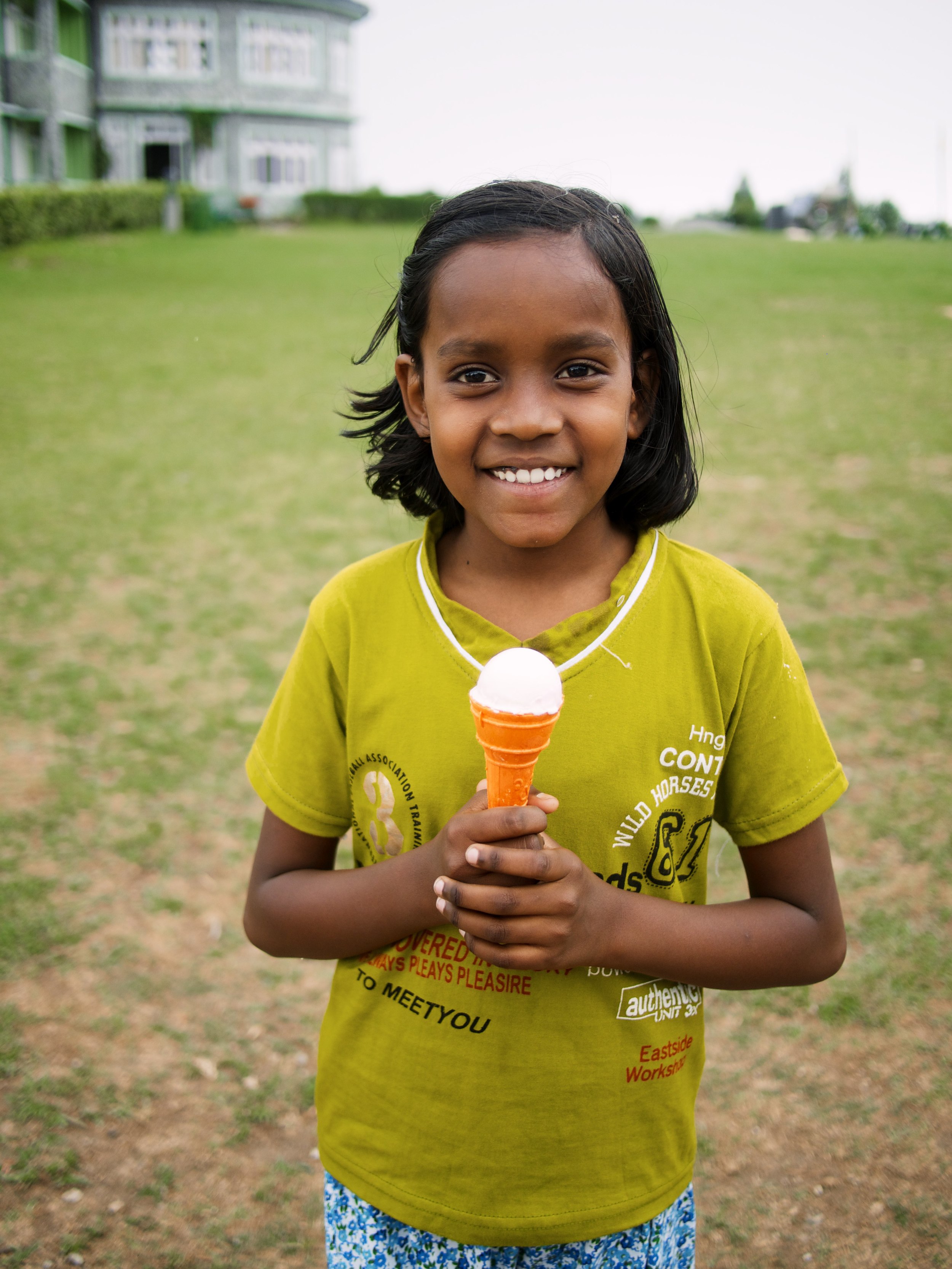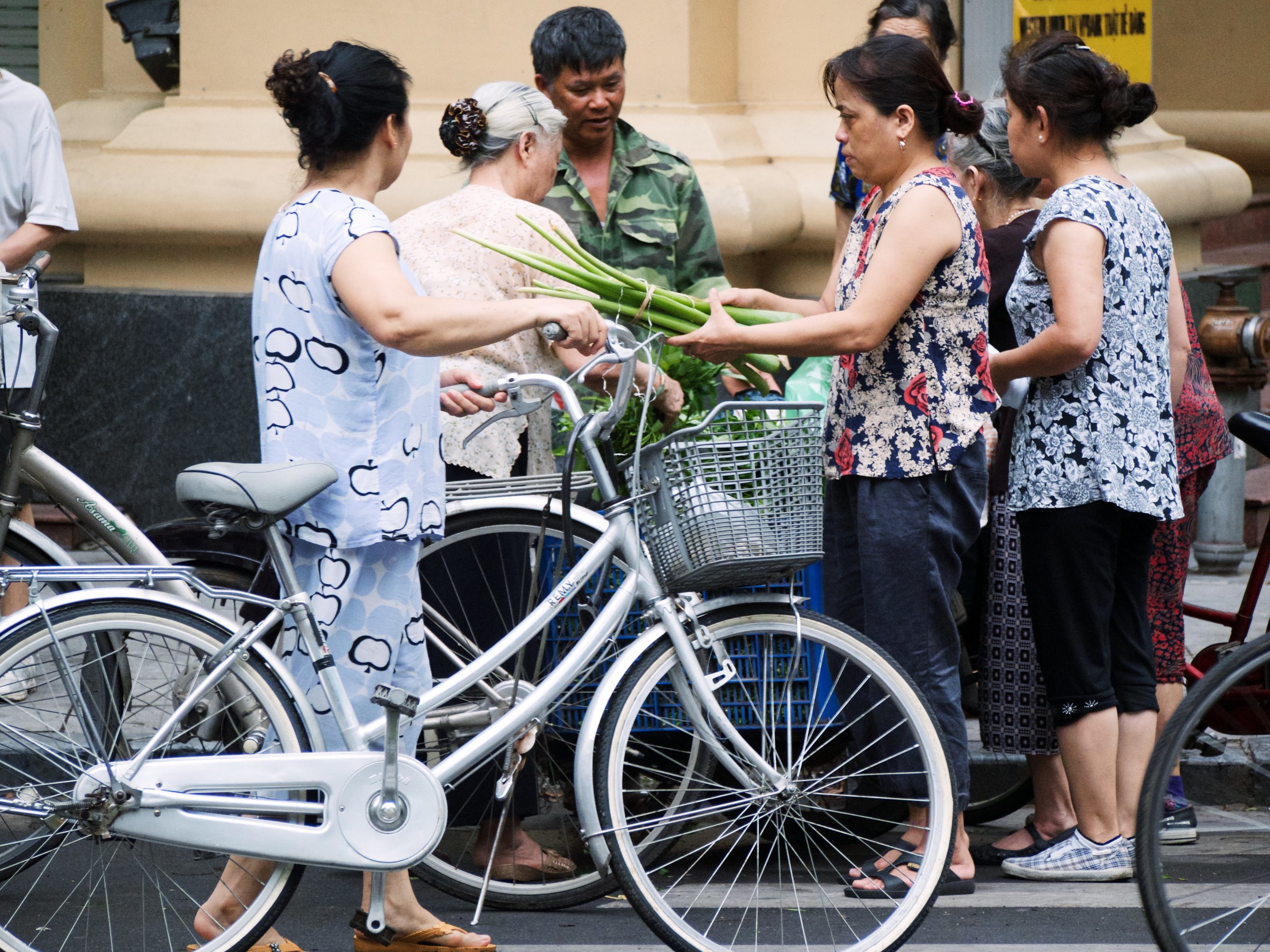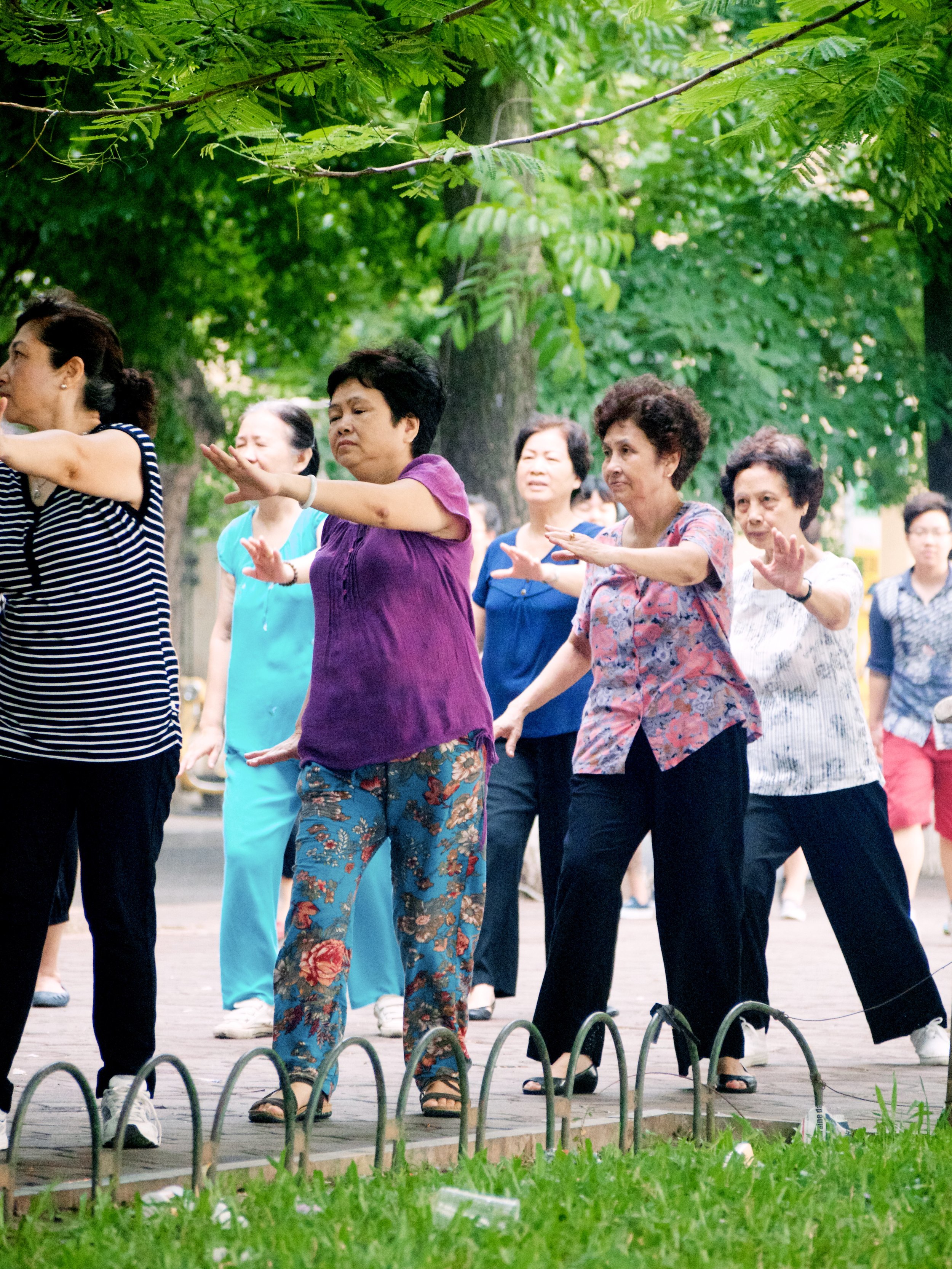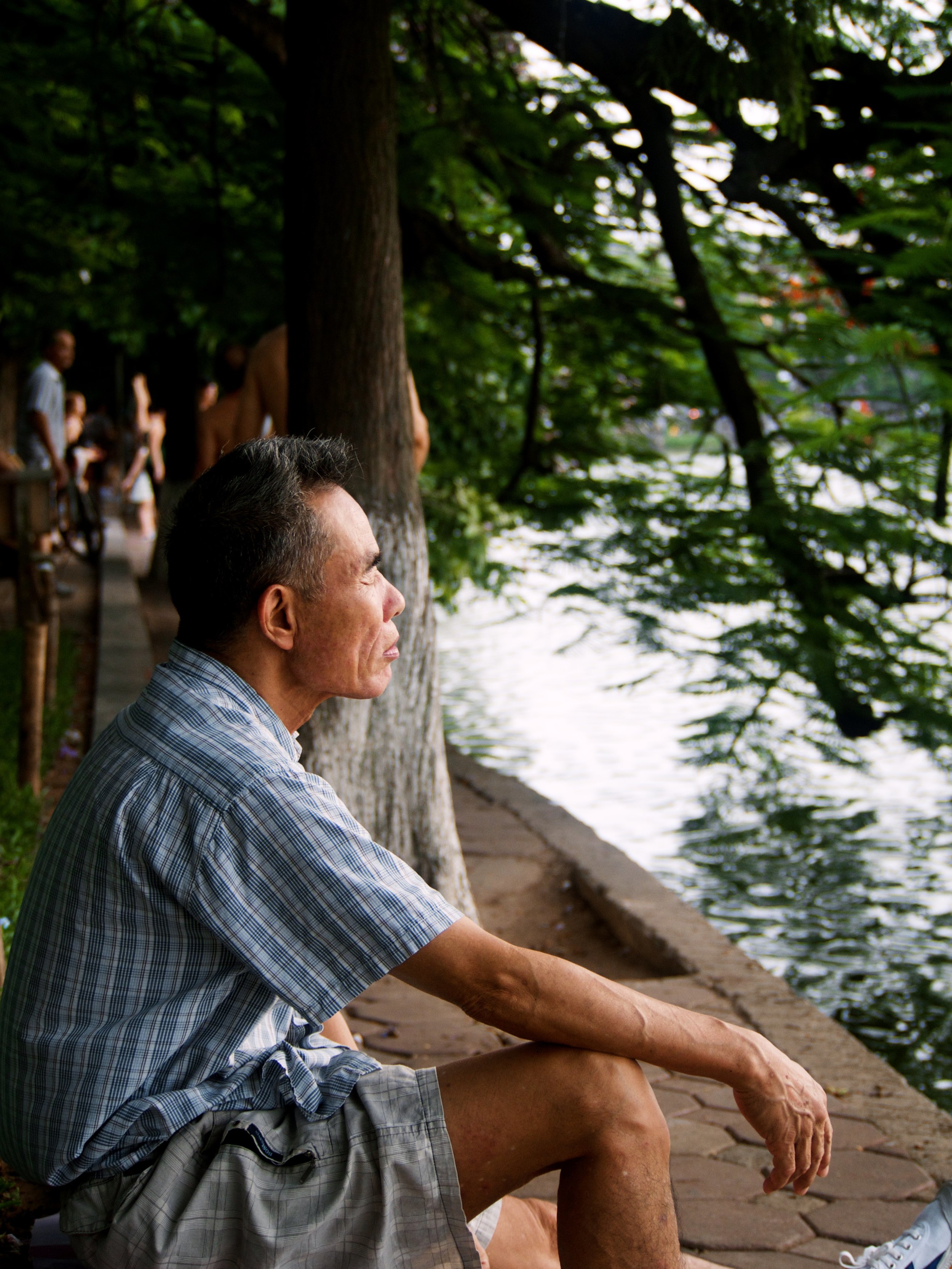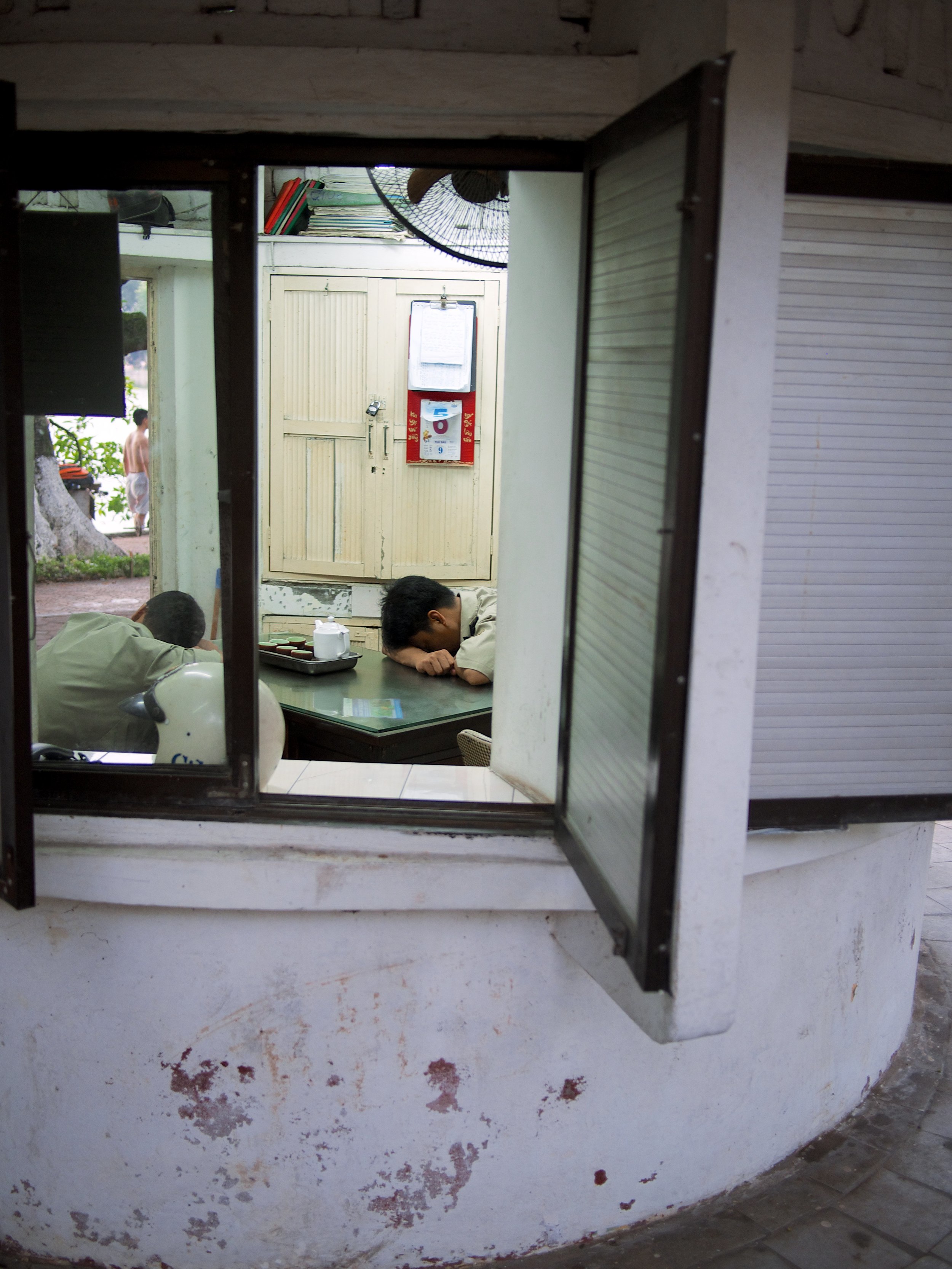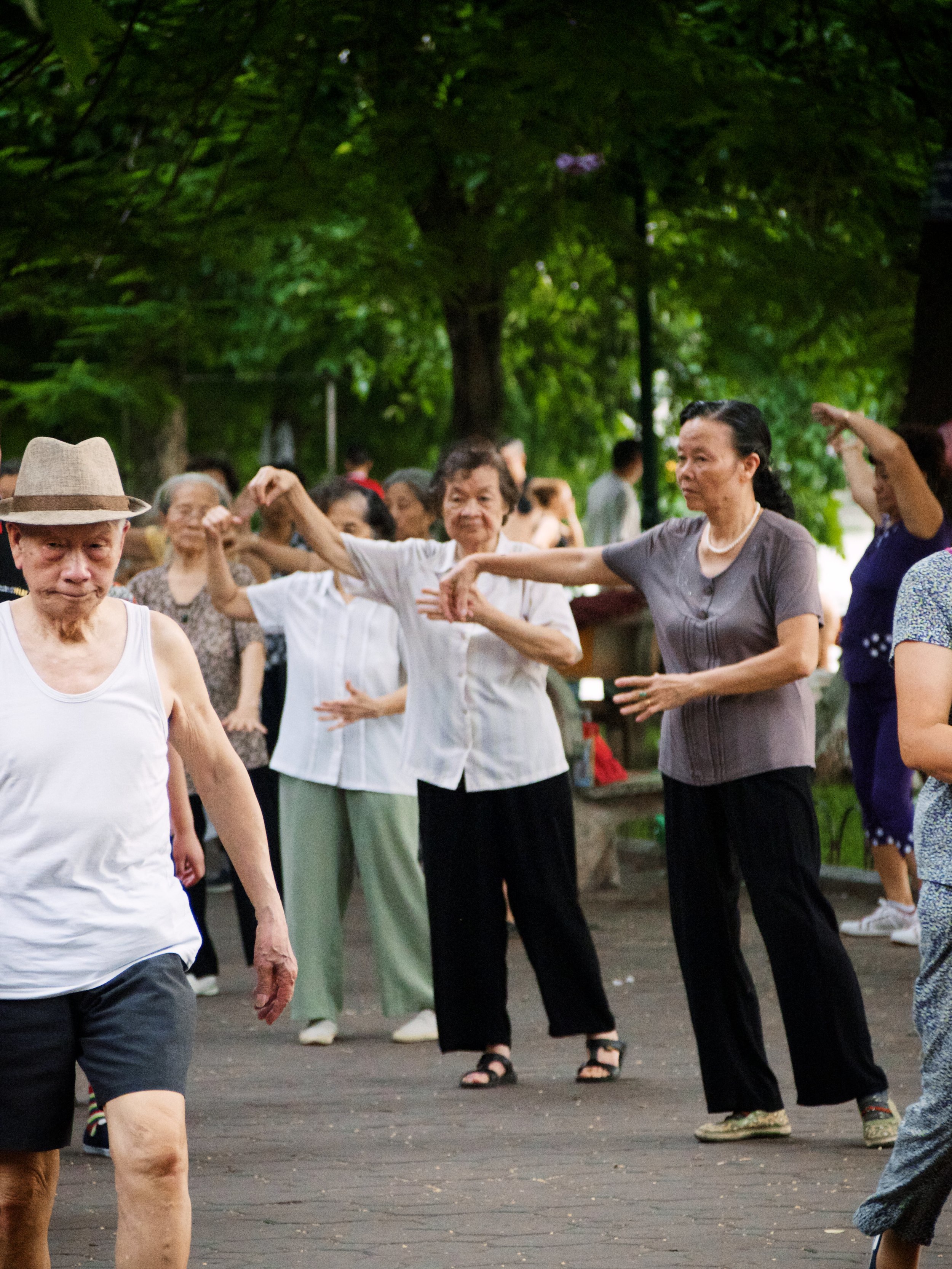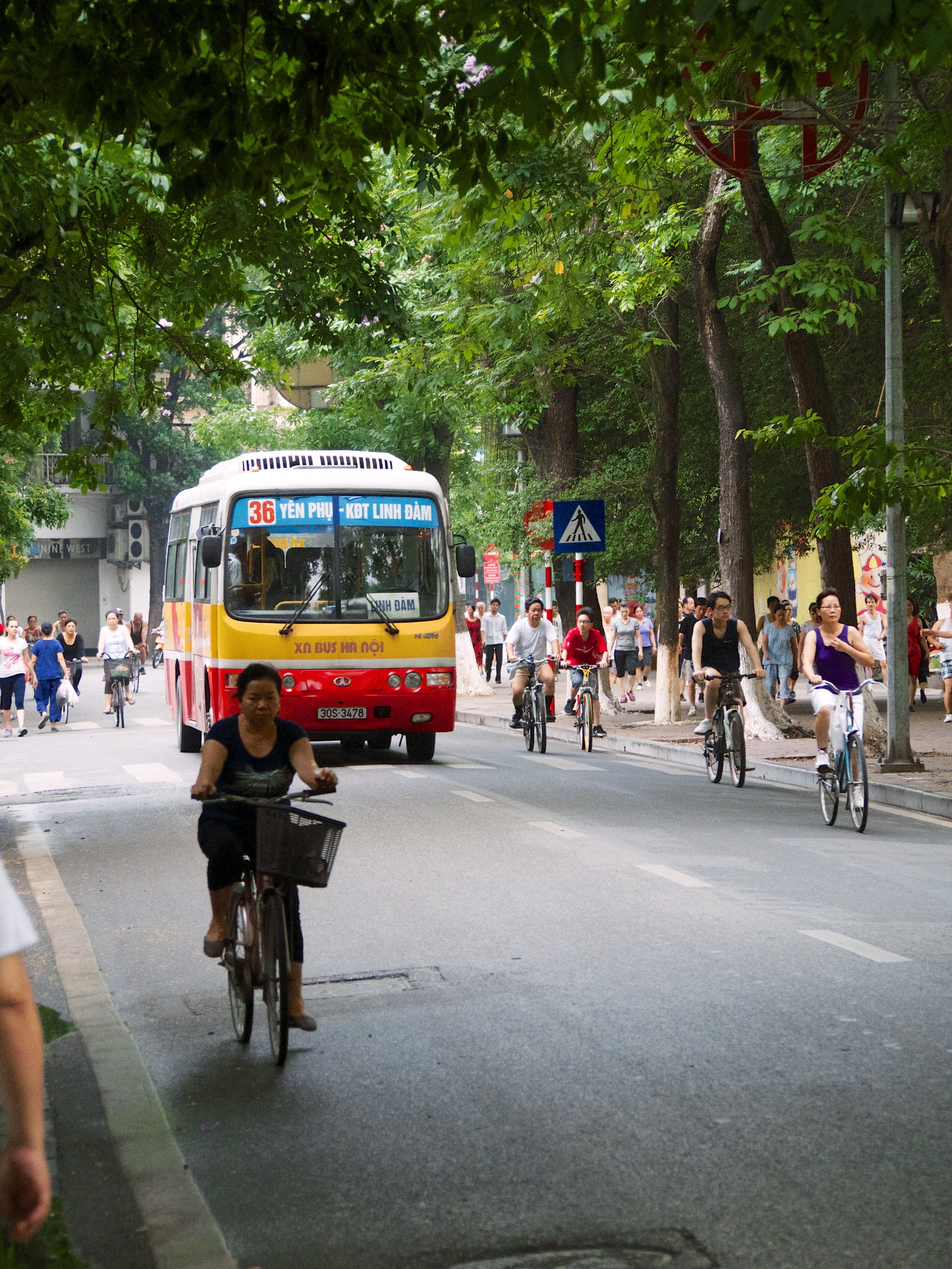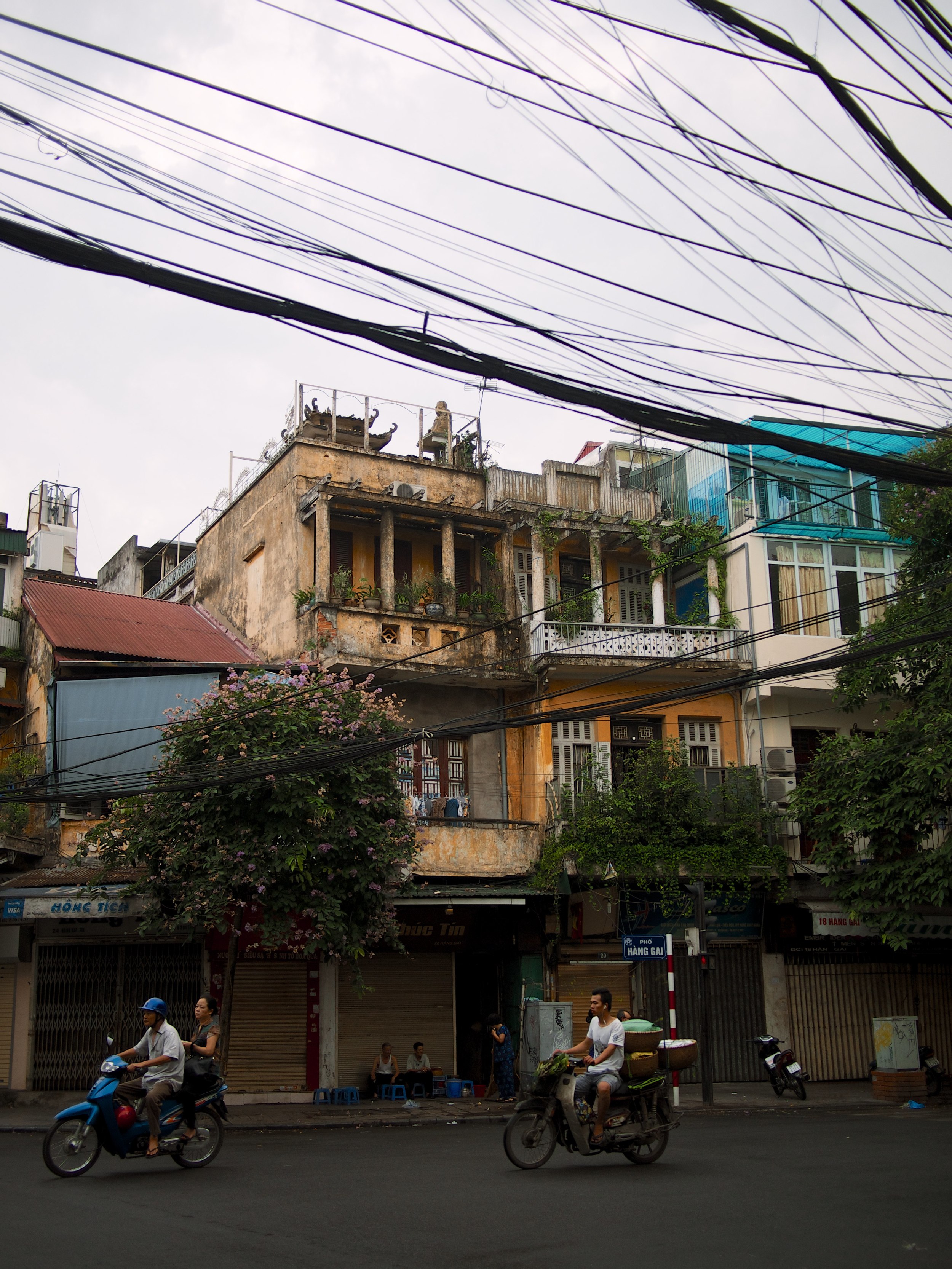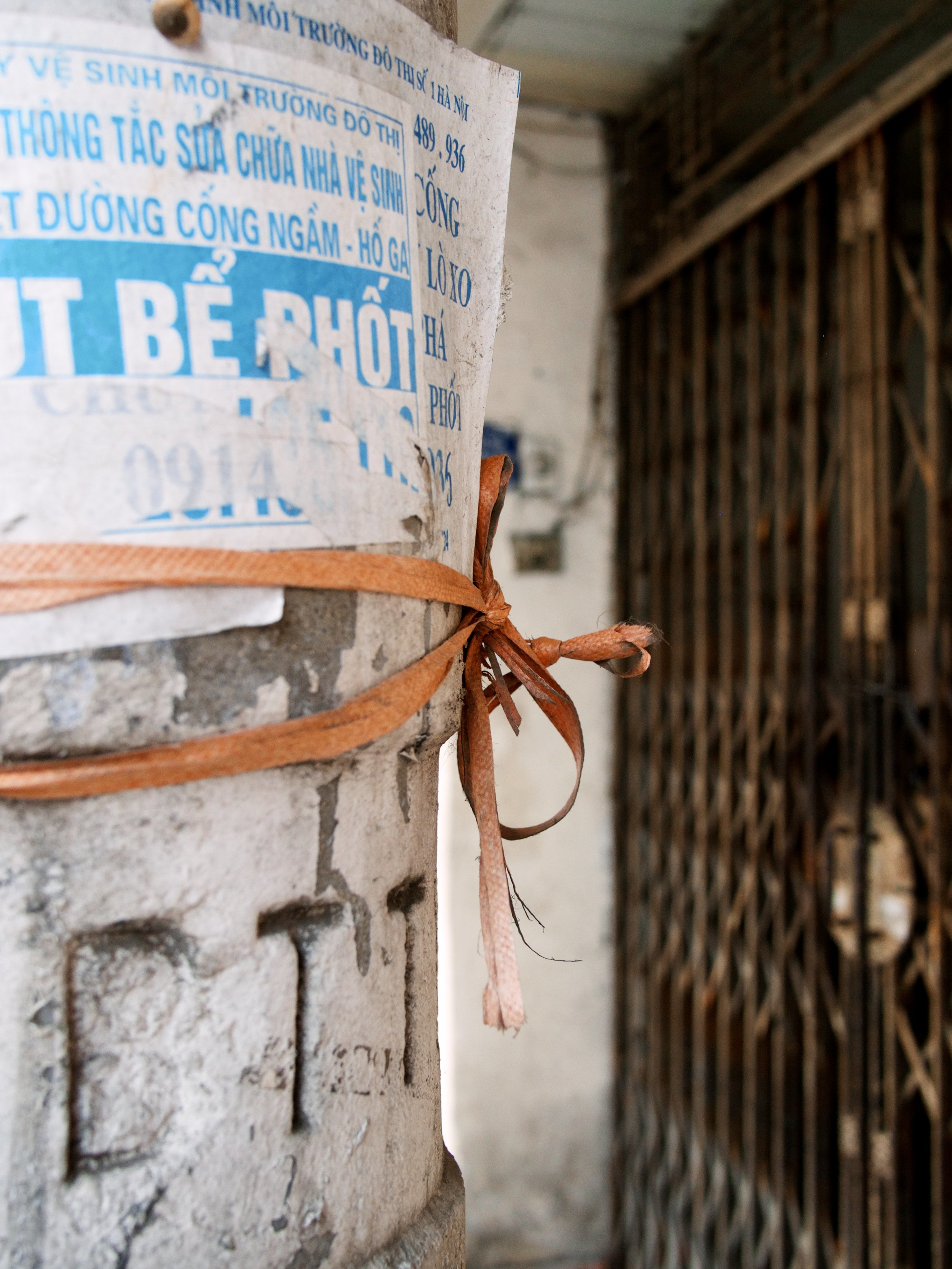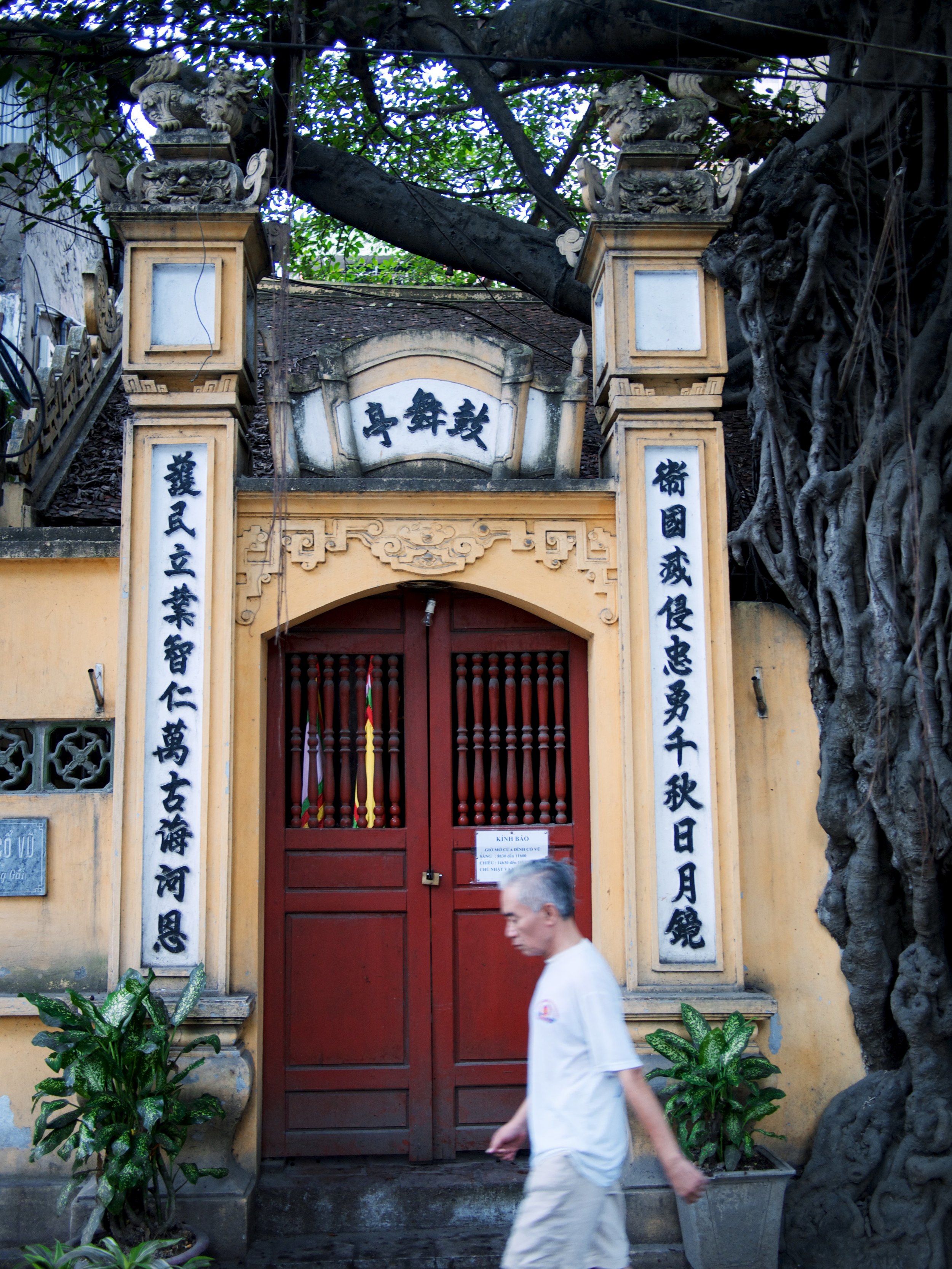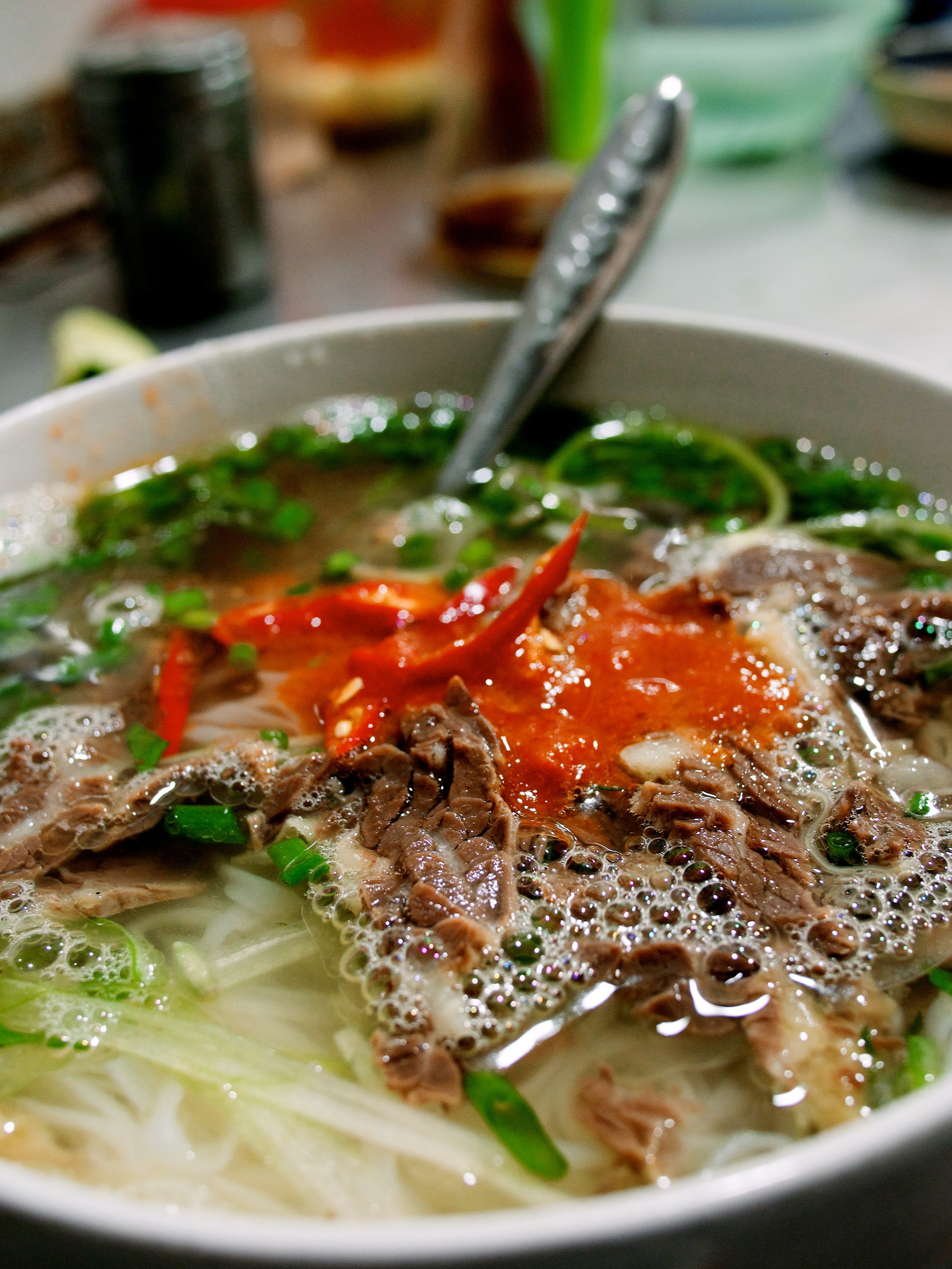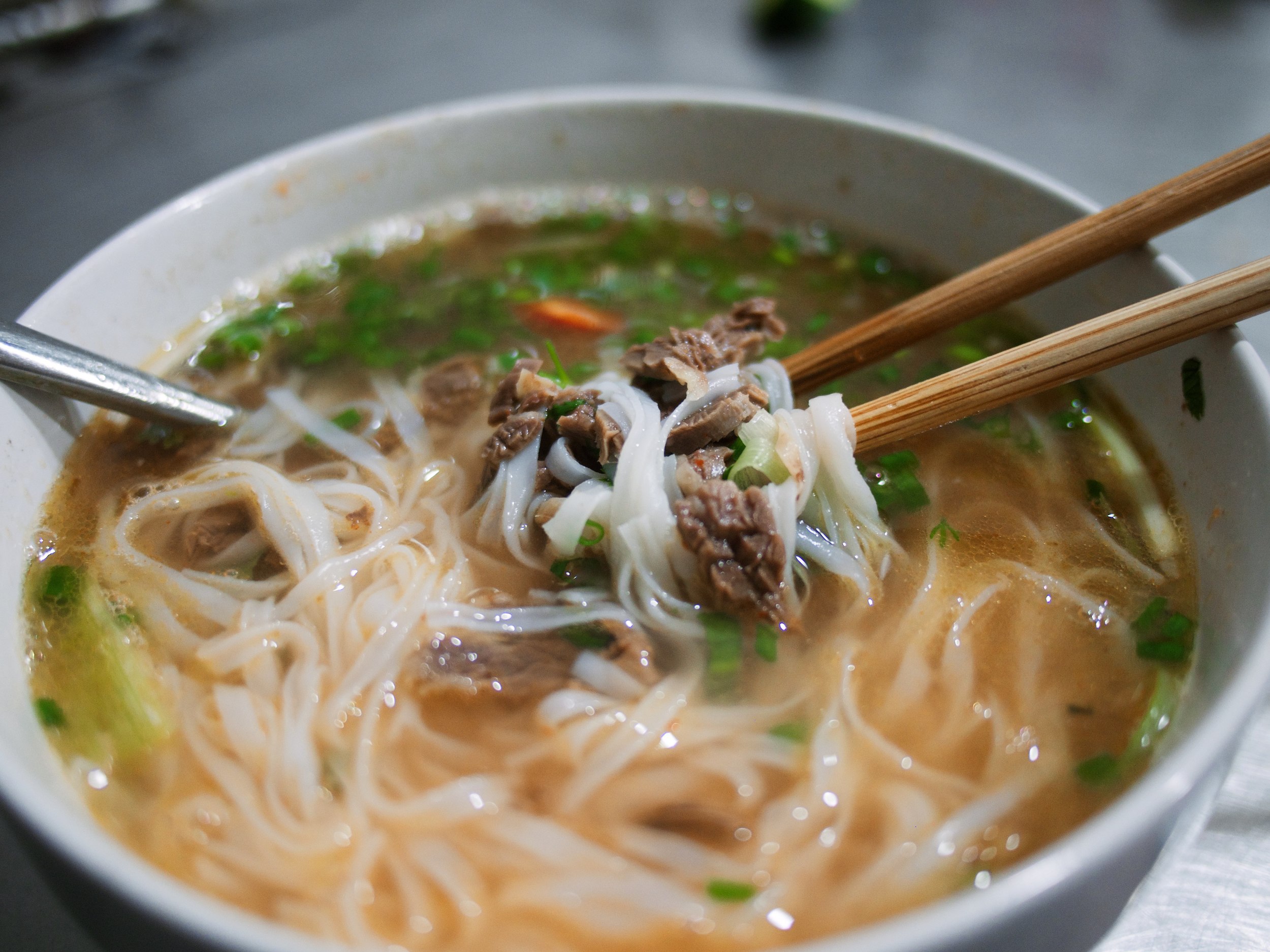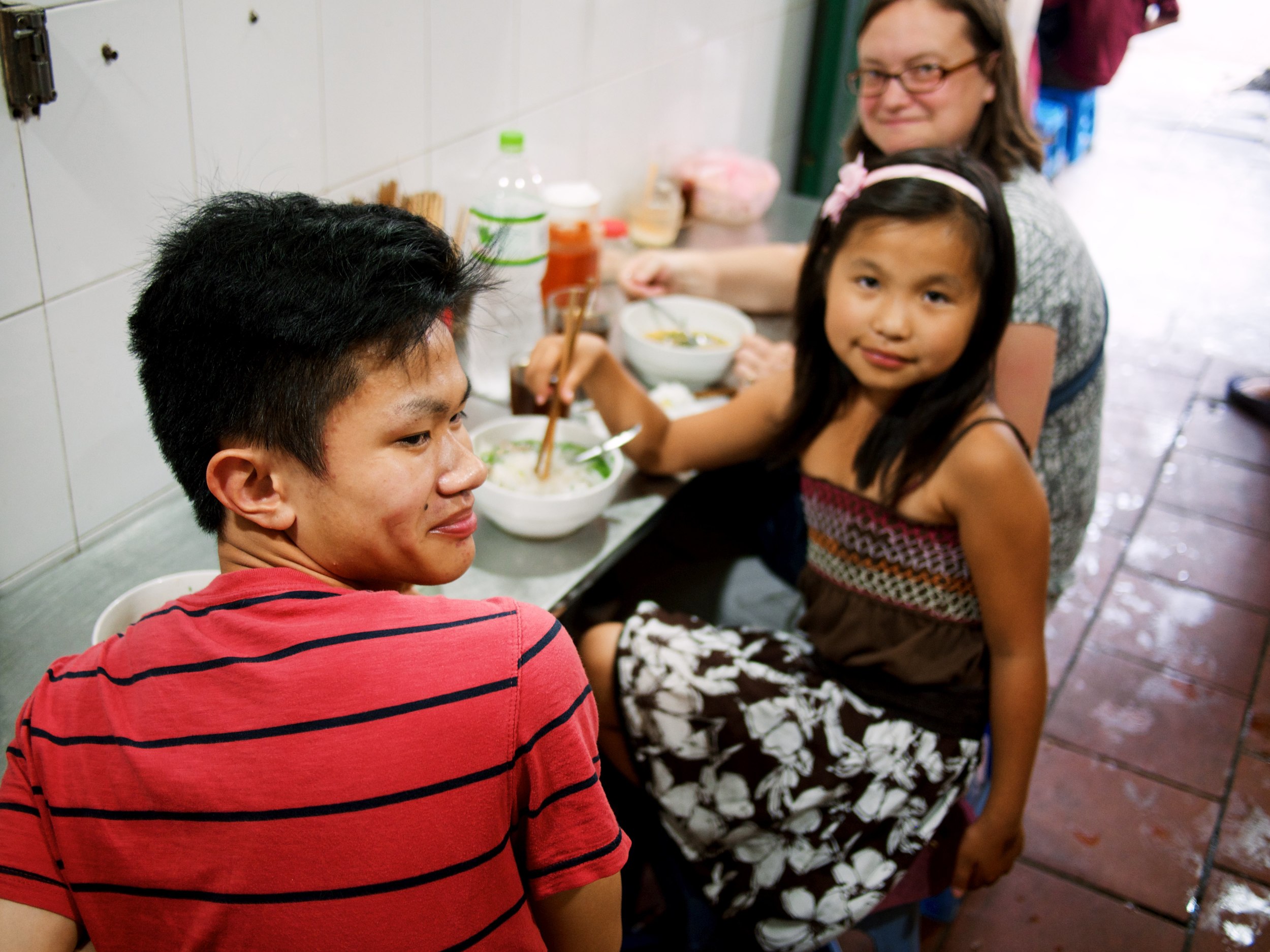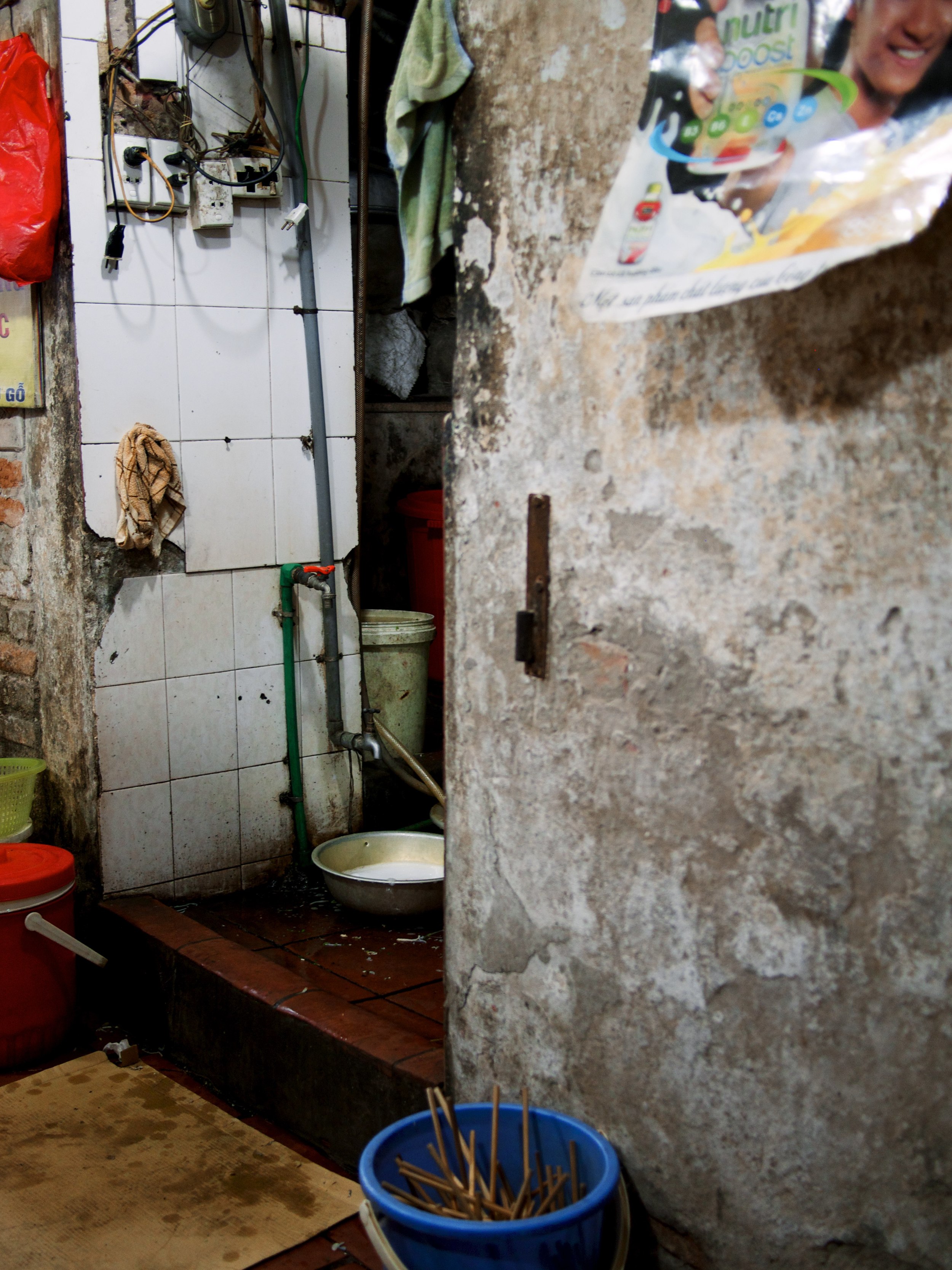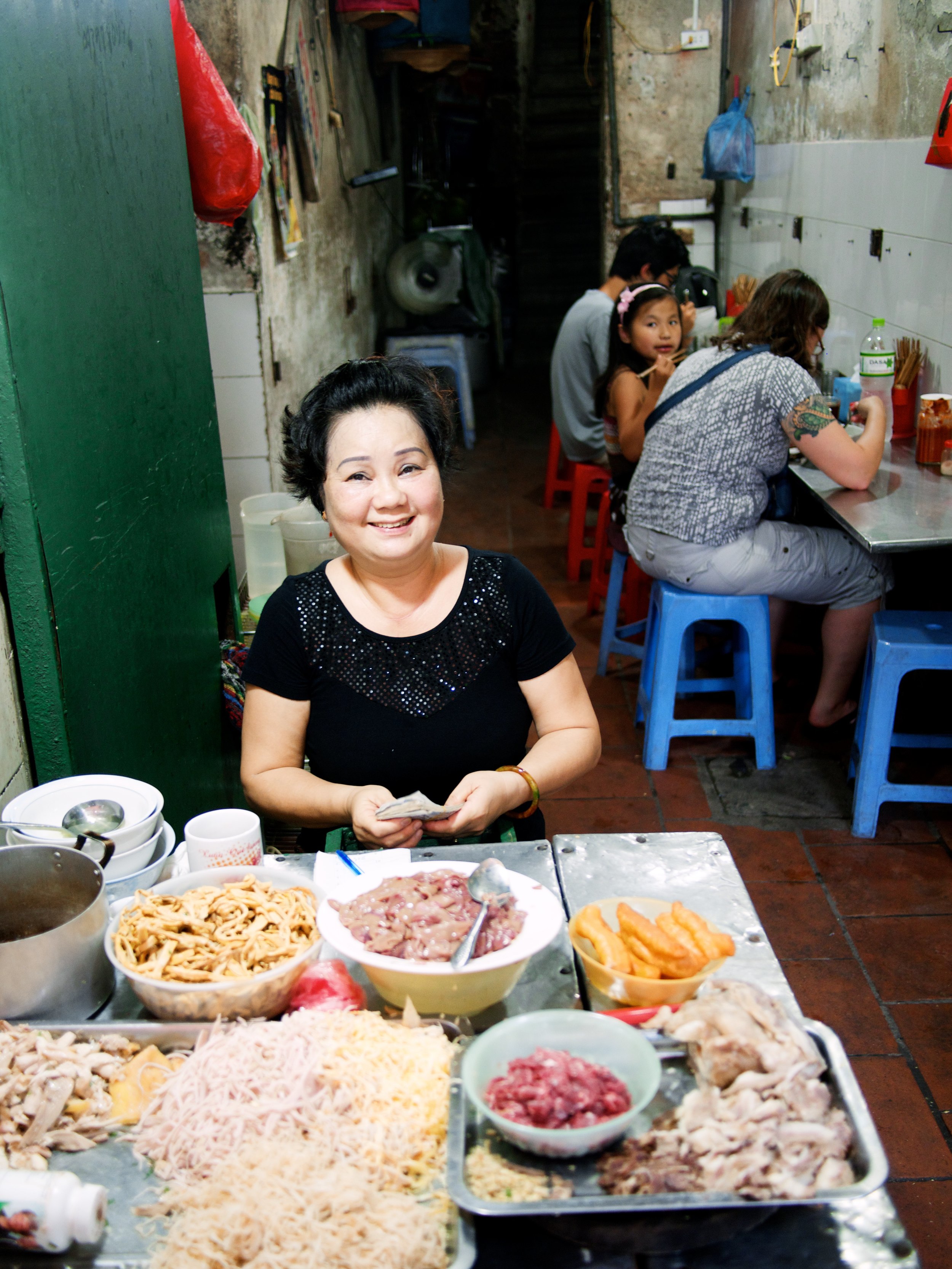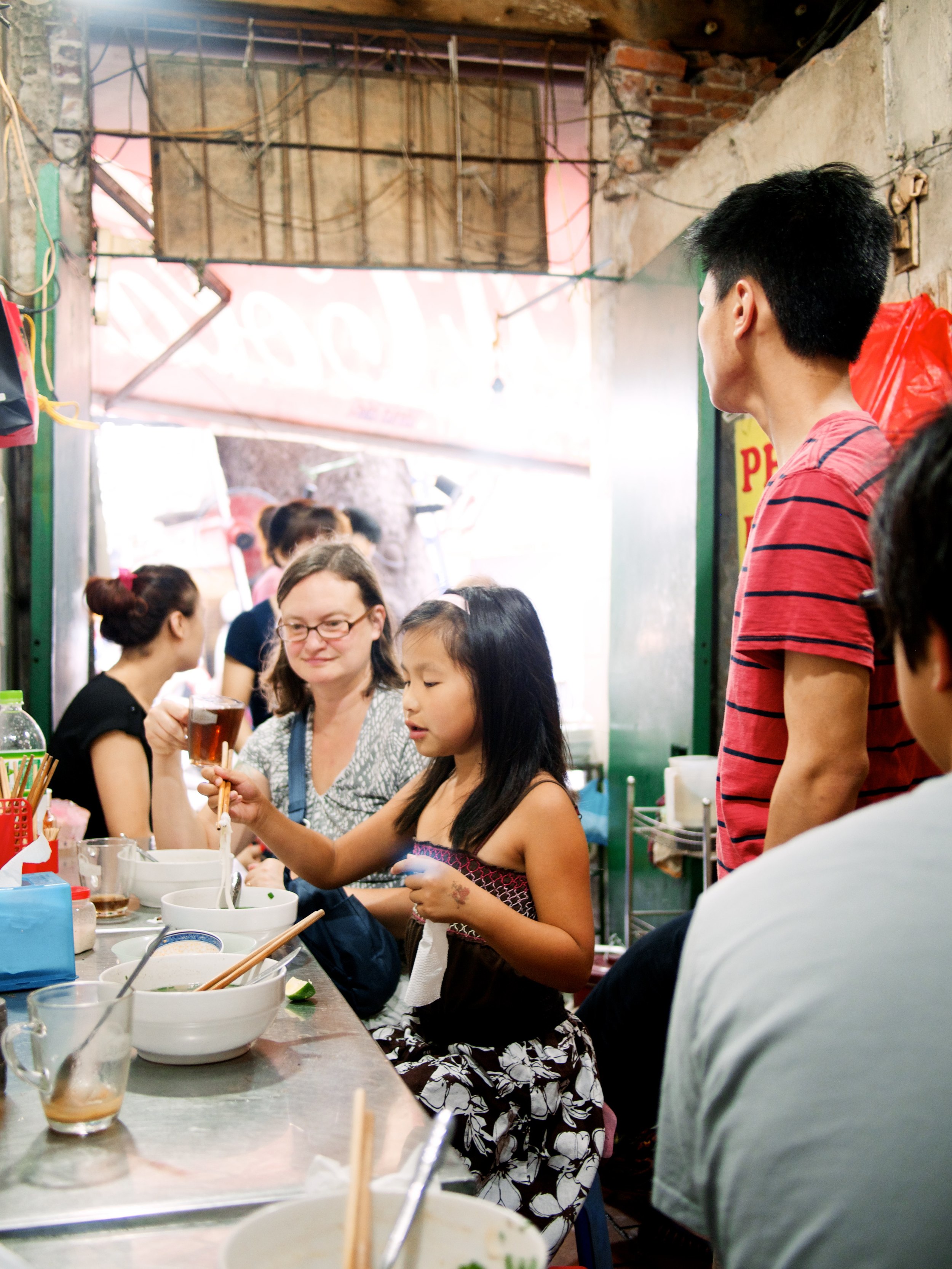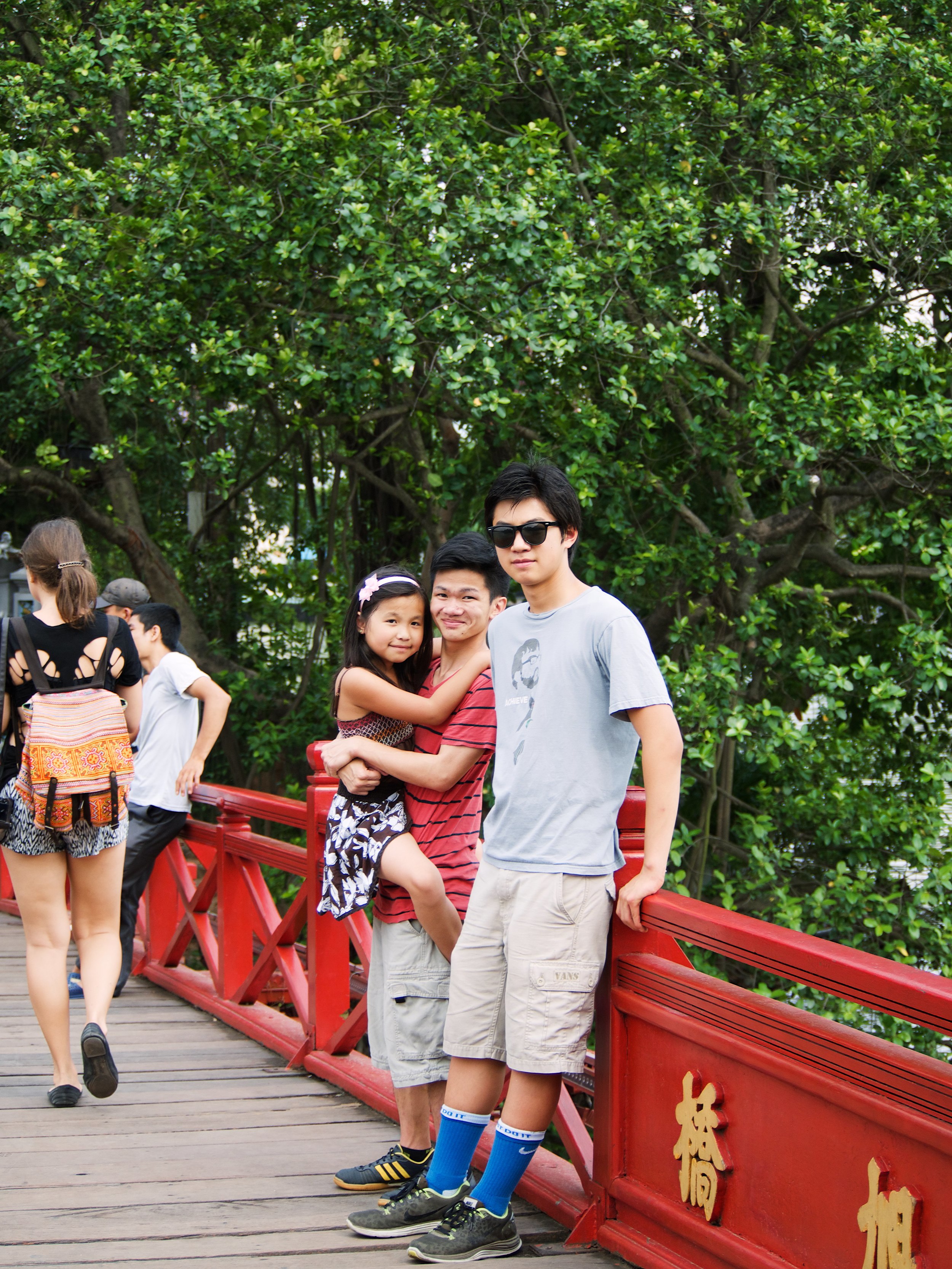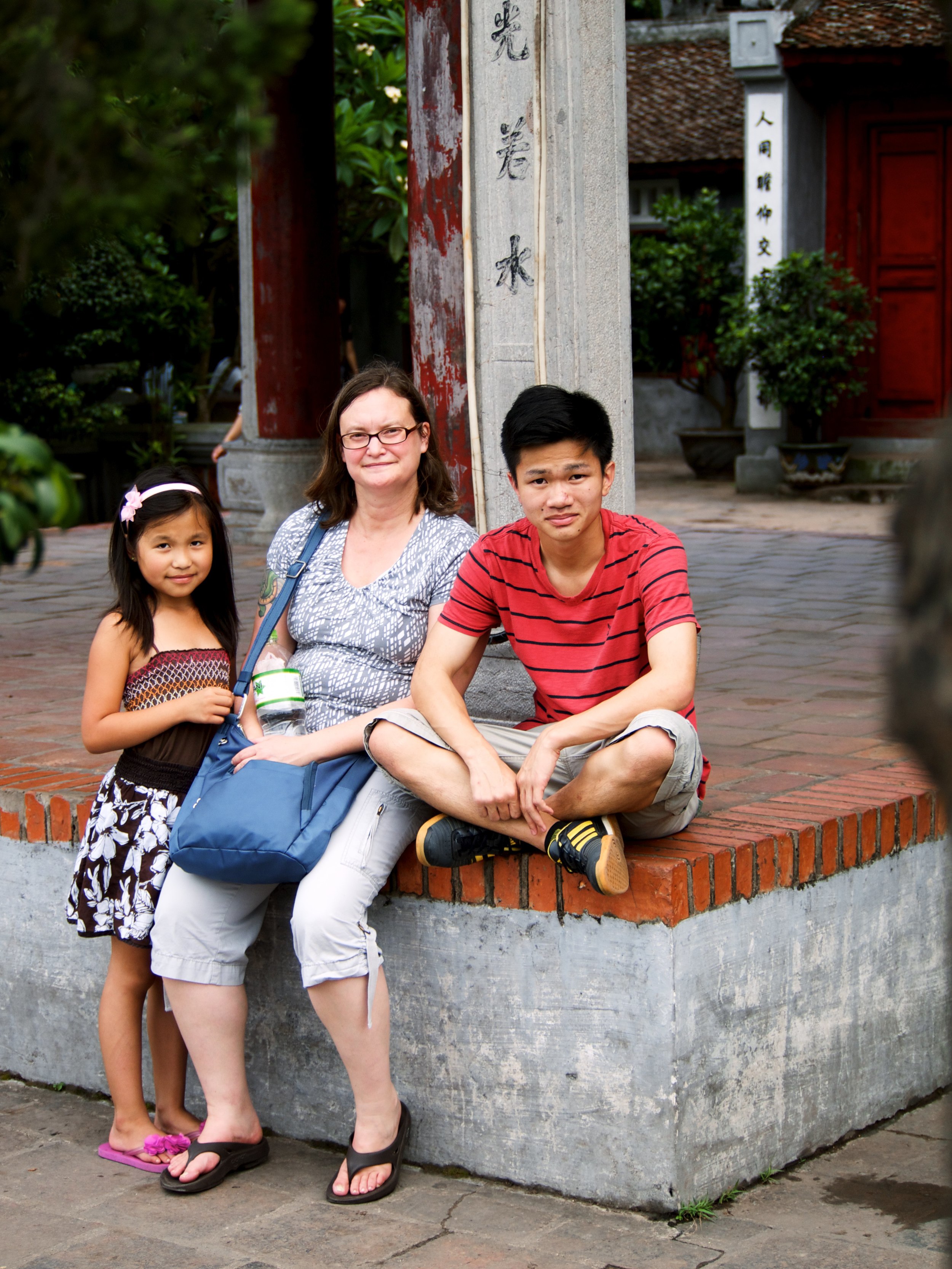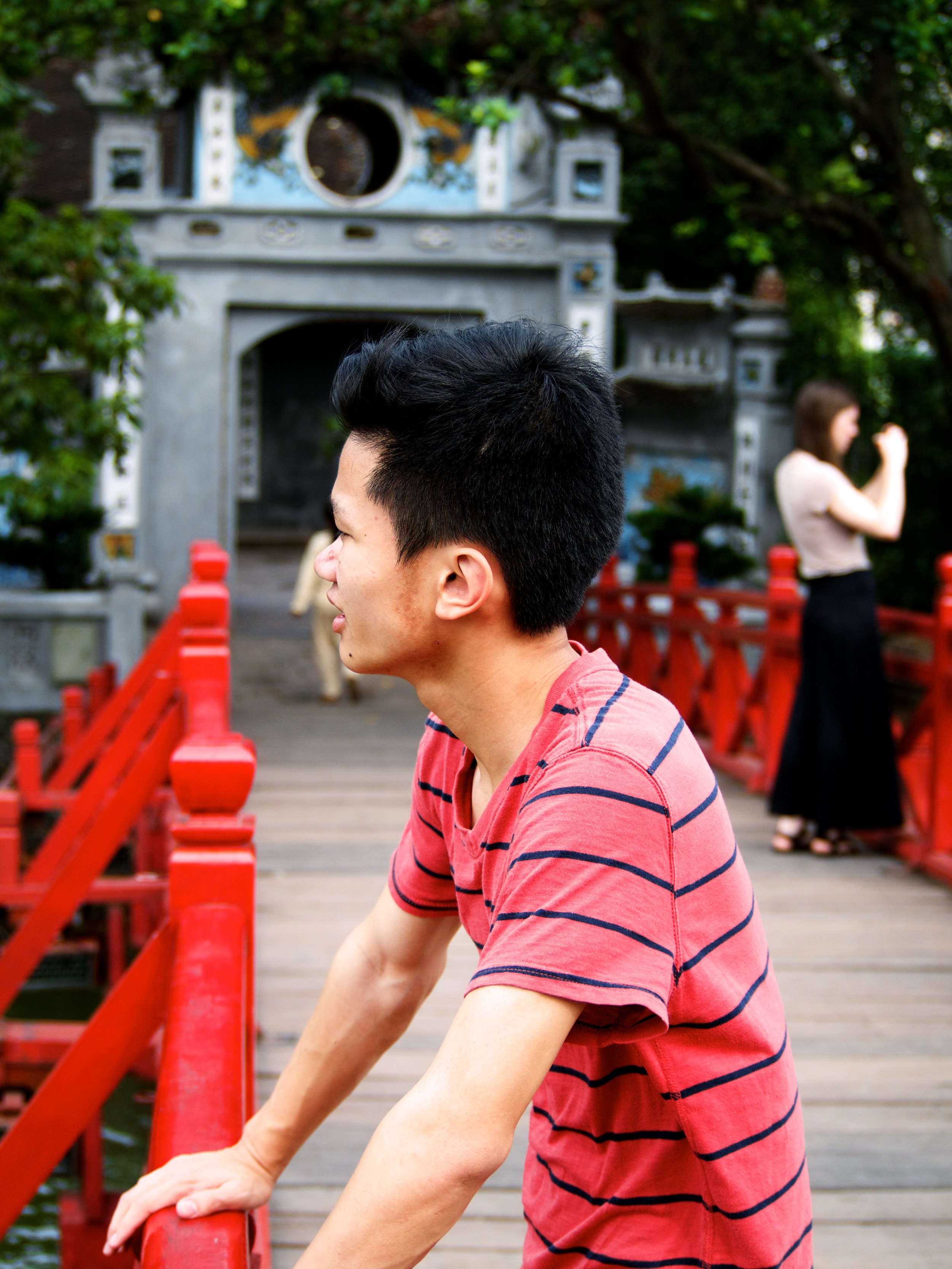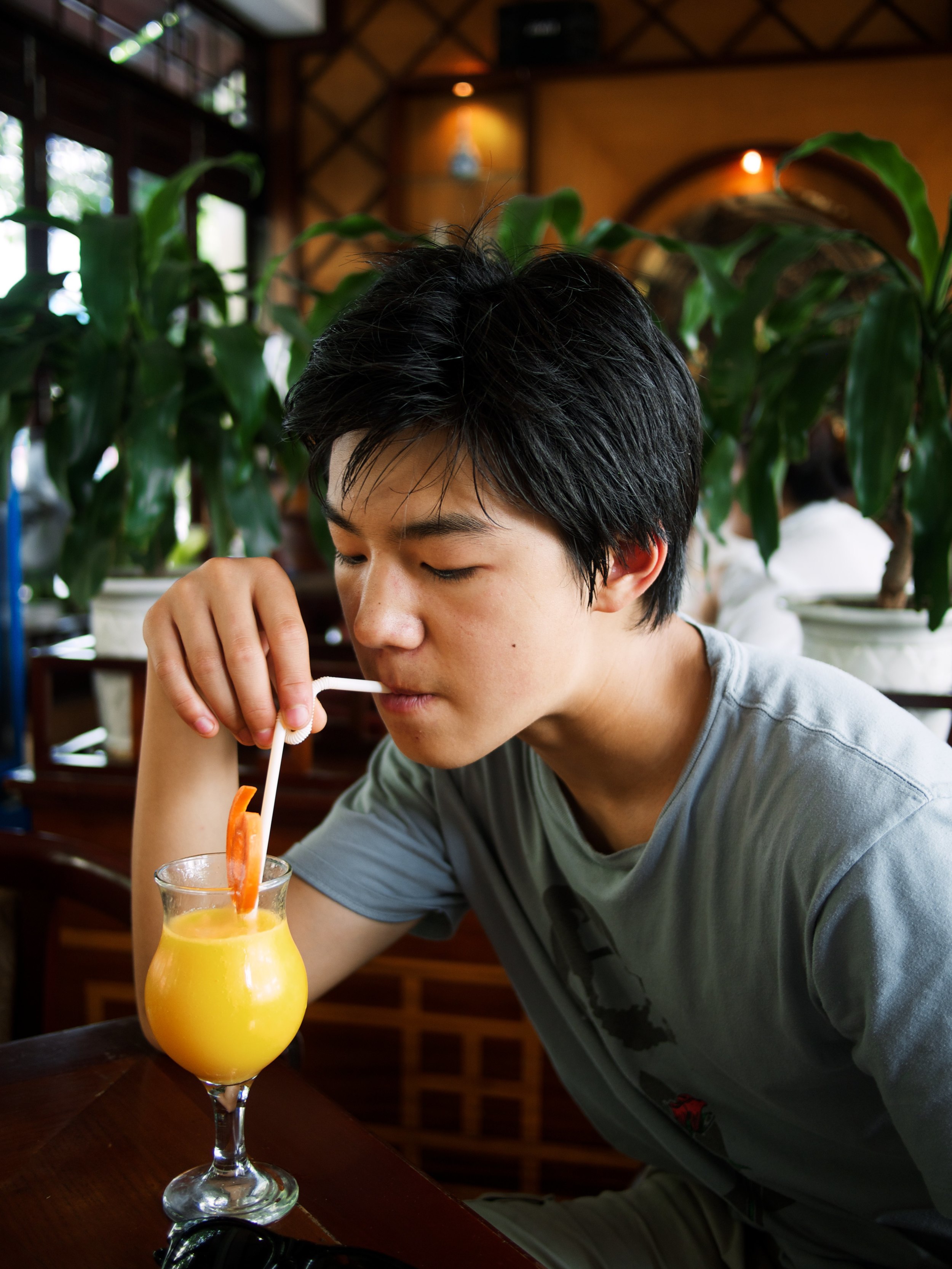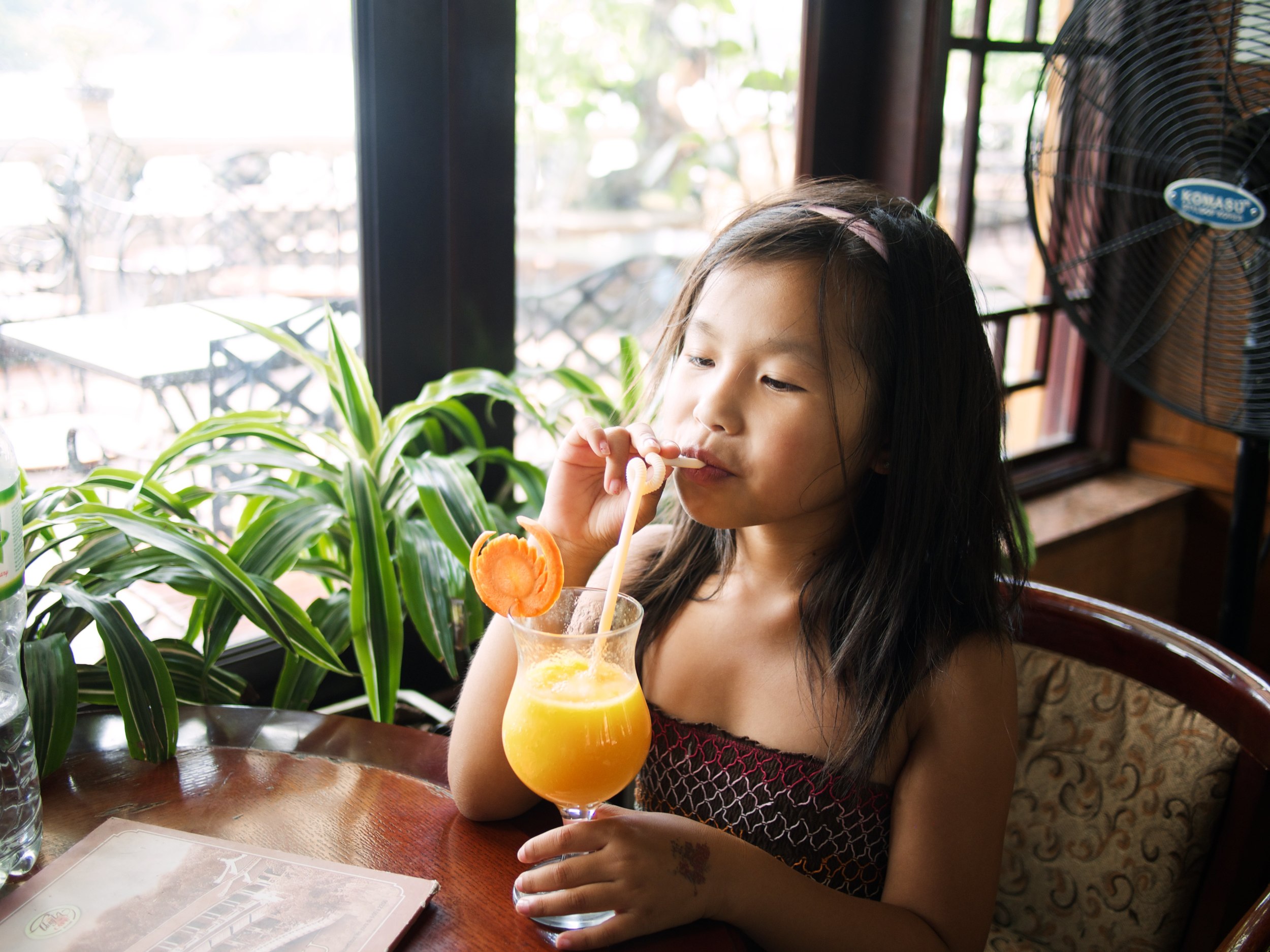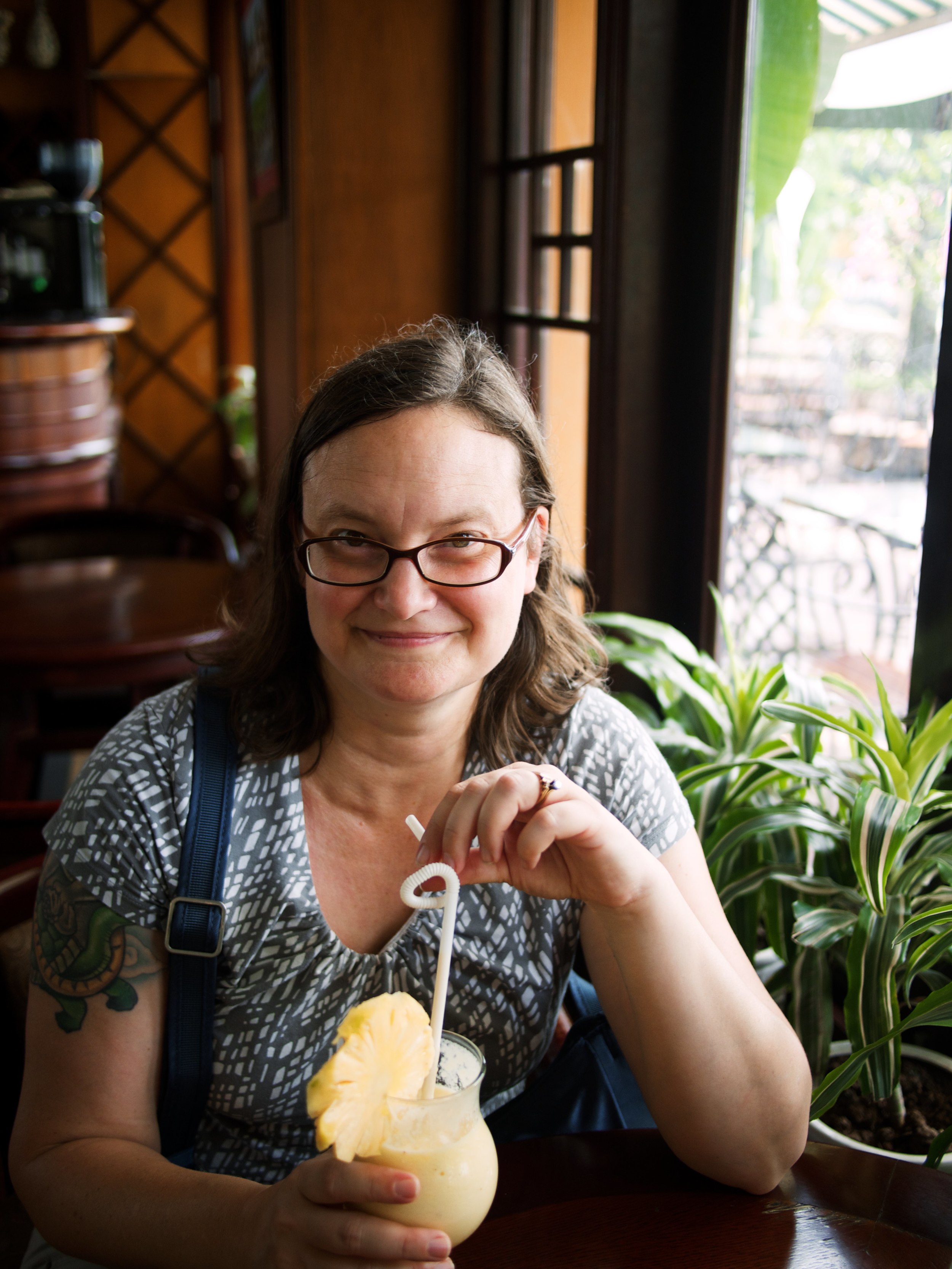Last month, prominent Cambodian activist Somaly Mam resigned from her foundation amid allegations that she had embellished or fabricated the most dramatic details of her widely-repeated life story as a victim of child sex trafficking.
The New York Times, whose columnist Nick Kristoff had been one of Somaly Mam's biggest boosters, is in damage control mode. Yesterday they published an article that draws attention to widespread fraud in other Cambodian aid sectors, and they focused on very real problems of misrepresentation and profiteering among some orphanages.
We at Asia's Hope deplore fraud and corruption, especially when it involves the most vulnerable in society -- poor, orphaned or otherwise disadvantaged children. I join the Times in decrying the worst of the worst kinds of deceptions, those that further victimize children and mislead foreign donors to earn a buck for some "orphanage owner" somewhere.
In fact, the term "orphanage owner" is deeply disturbing to me. Asia's Hope operates as a transparent, accountable, not-for-profit charitable initiative in our support and our operation countries alike, and we work hard to ensure that there is never any financial incentive to admit any child into any of our homes.
In Cambodia, for instance, we have actually slowed down our expansion over the past few years as the country's social services infrastructure and economy have developed, and we have continually tightened our admission standards to ensure that only the most needy orphaned children -- those have been permanently relinquished or abandoned by their remaining family members -- are brought to live in our homes.
We've also worked to provide truly comprehensive, holistic care for the children already living with us. We remain committed to grow deeper faster than we grow wider, better before getting bigger.
Whereas the lousy orphanages that receive most news coverage barely provide "three hots and a cot," Asia's Hope provides a real family environment for each child in our care. Our staff receives ongoing training in child protection, childhood development, leadership and management.
Our kids enjoy art classes, intermural sports, music and dance training, and have access to a wide array of tutors, enrichment courses and activities. And when they graduate, every child at Asia's Hope is entitled to a university education or vocational training.
Unfortunately, the stories of abuse and neglect at some orphanages make great copy, and provide for journalists and activists an easy hook. Bad news often travels a lot faster than good, and so we too seldom see the media profile organizations that we would consider our peers.
In the same way, it would easy to focus only on the tragic sins and shortcomings of abusive churches and draw the tragically simplistic conclusion that religion itself, rather than bad religion, is the source of the world's problems. But as James 1:27 reminds us, "Religion that God our Father accepts as pure and faultless is this: to look after orphans and widows in their distress."
So, as Bruce Cockburn would put it, we'll continue to "kick at the darkness 'til it bleeds daylight." For every story you'll read of a child being treated poorly in an awful institution somewhere, we'll tell stories of kids whose lives have been transformed by the love of a family and the awesome power of hope. And we'll continue to set a high standard that other residential orphan care providers can aspire to. Together, we'll engage suffering and unleash hope in Cambodia, in Thailand, in India and beyond.

